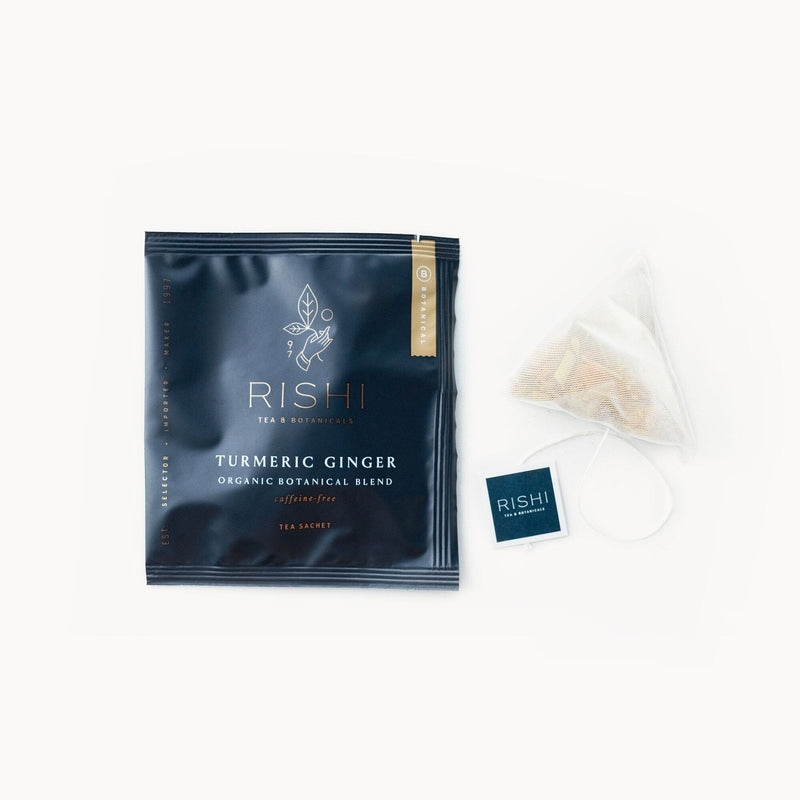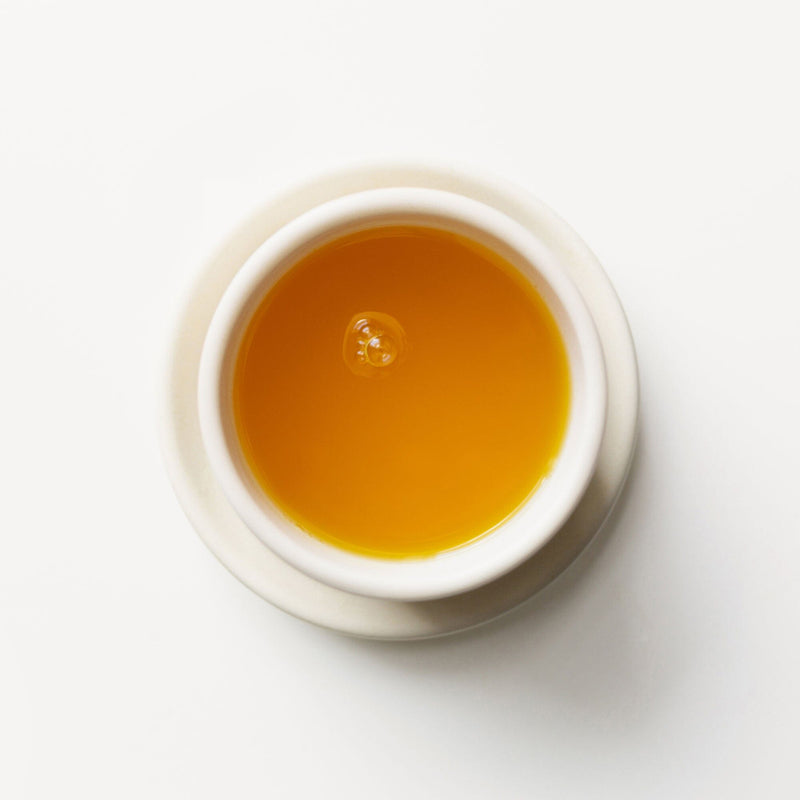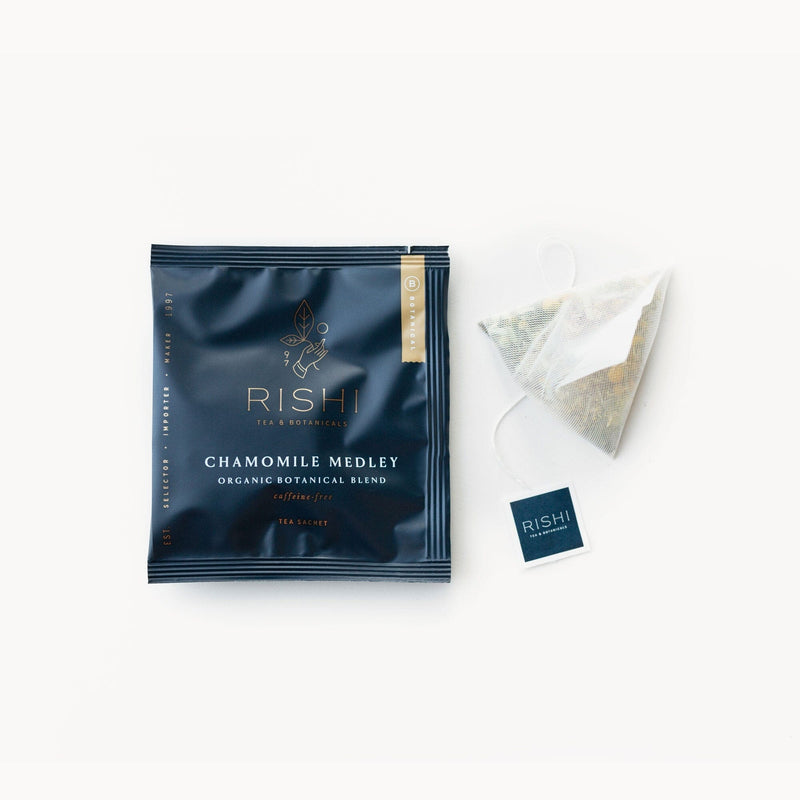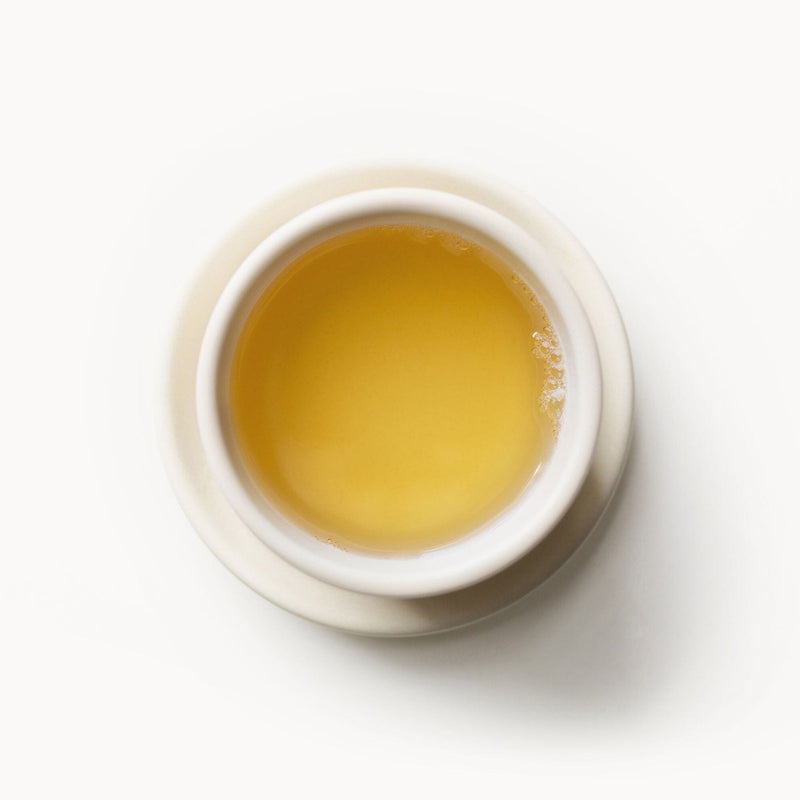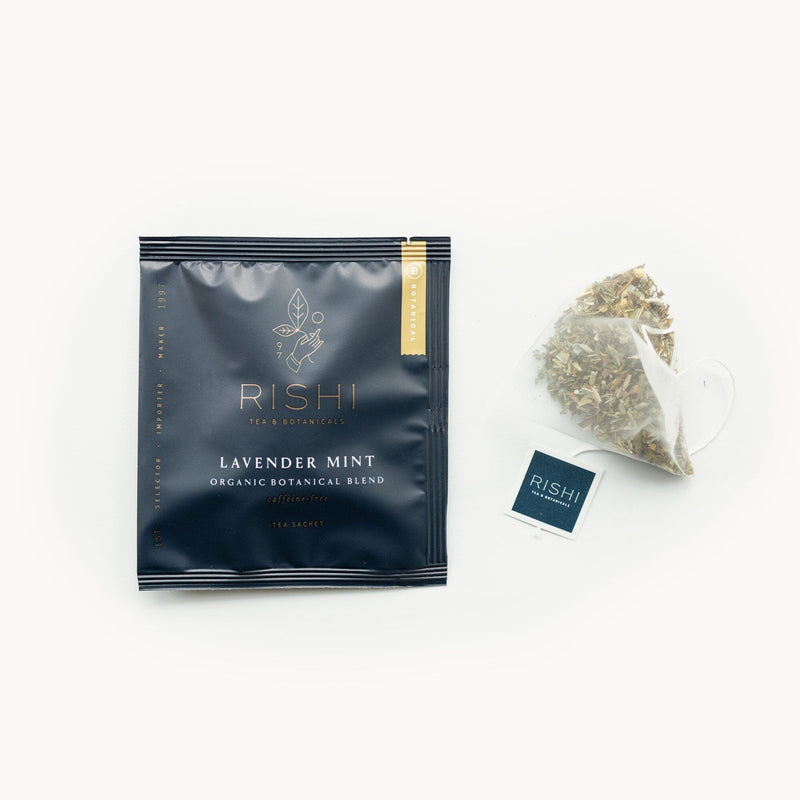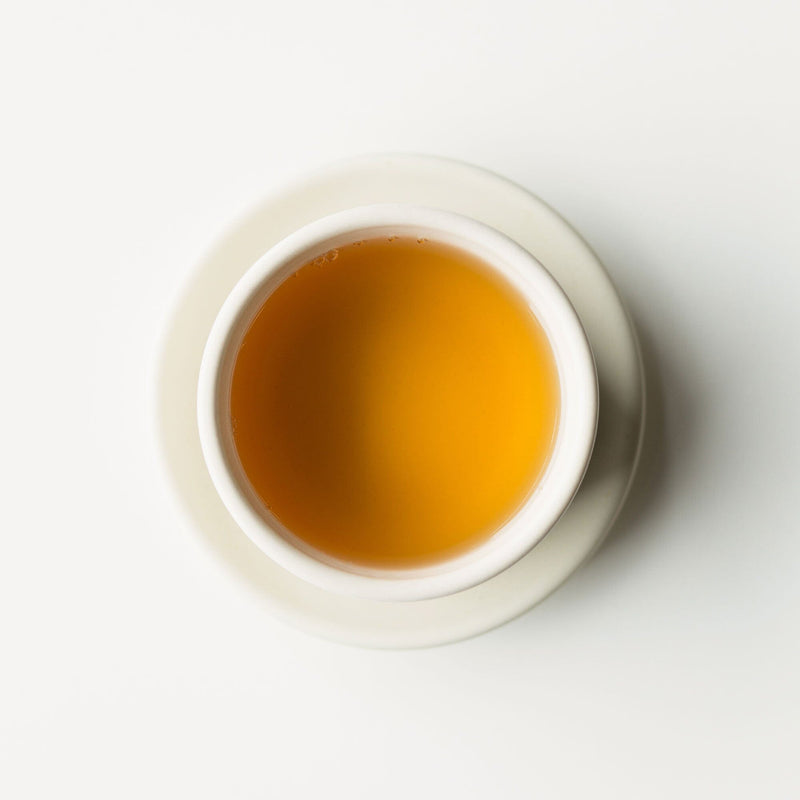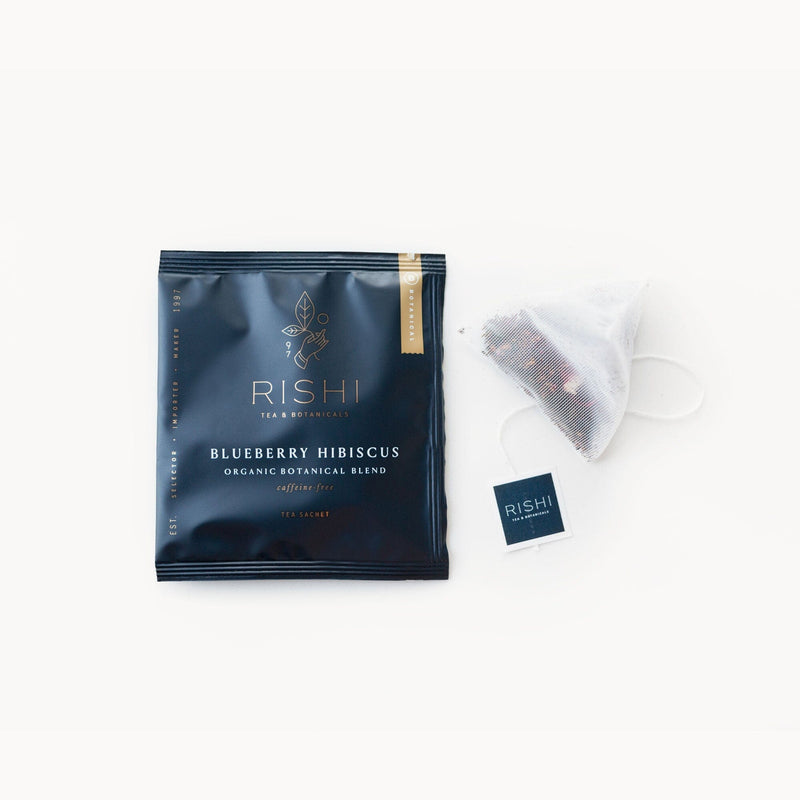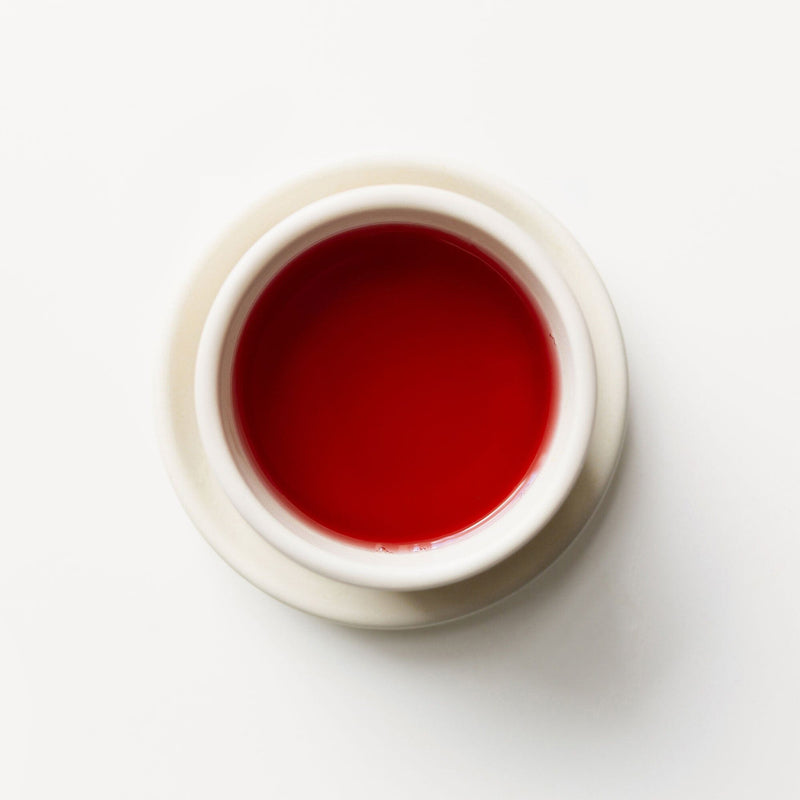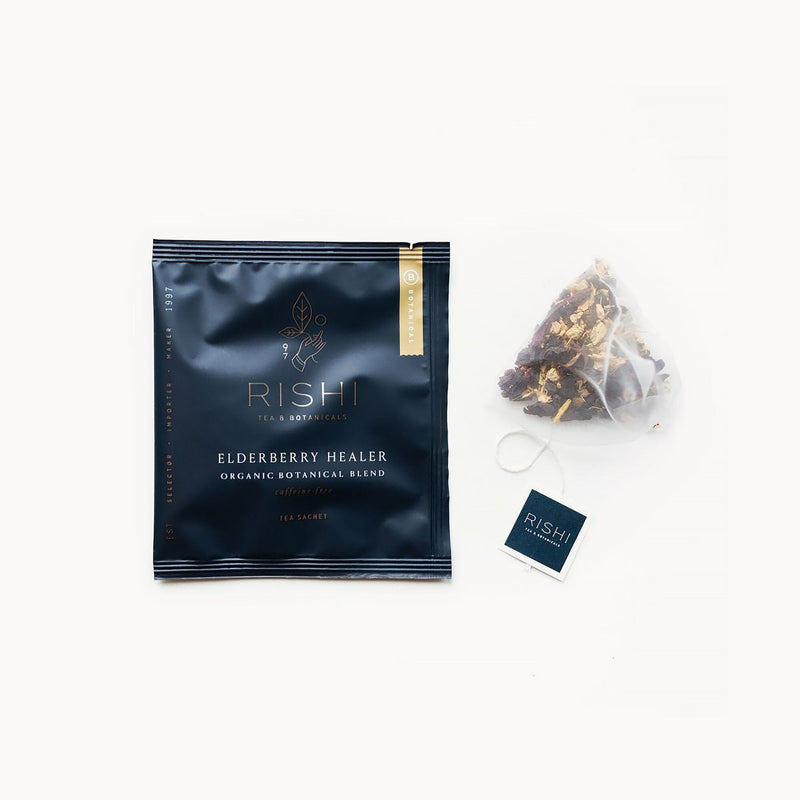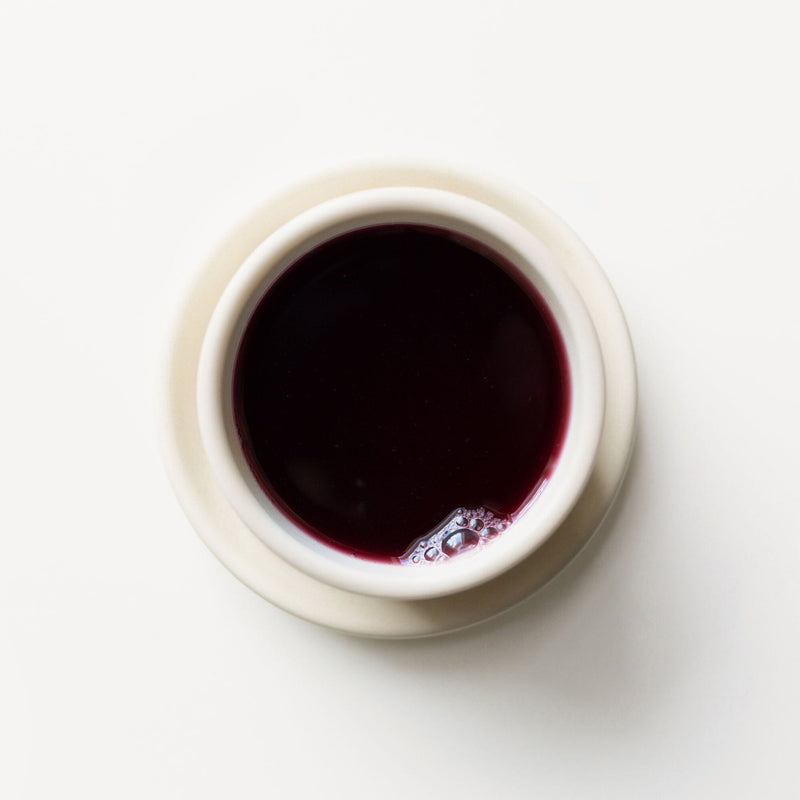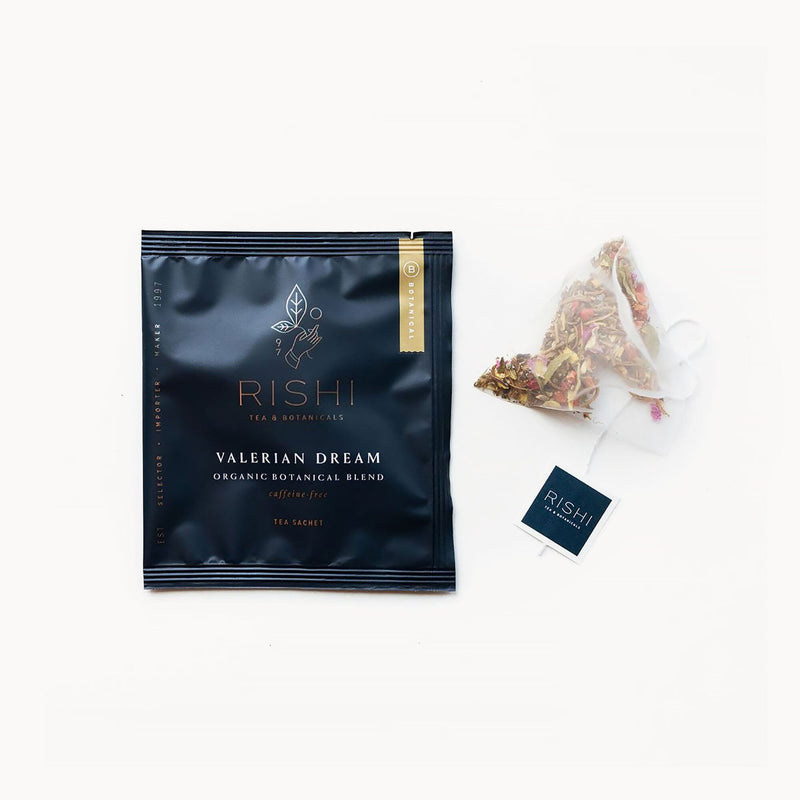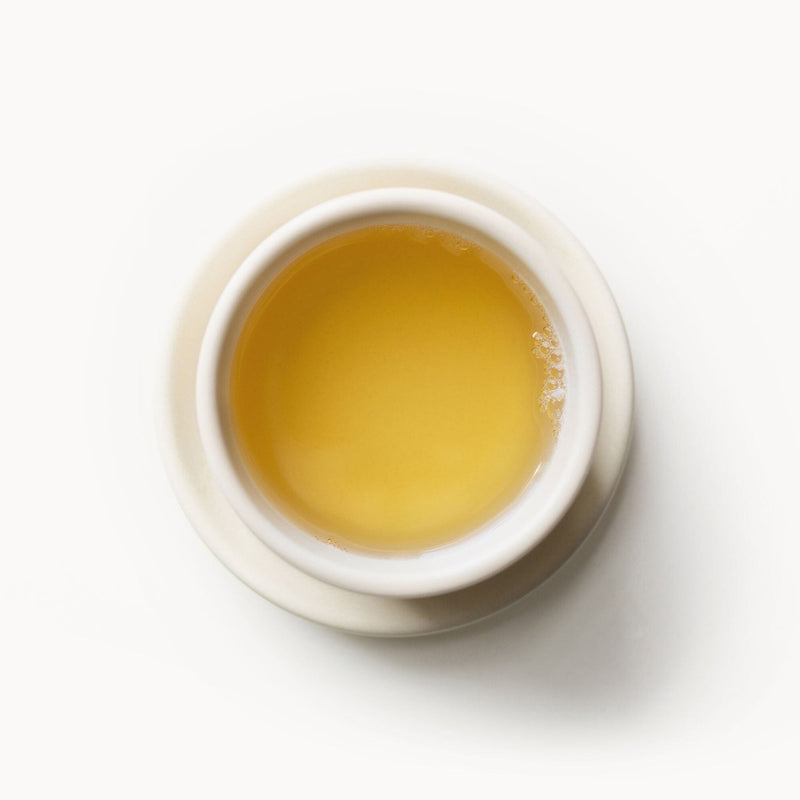-
•
- Direct from China • Pu'er Tuo Cha Tangerine Peel
"Rich Puer with a perfect degree of added flavor from the tangerine peels. Thick, creamy mouth feel. " - Jamie G.








Pu'er Tuo Cha Tangerine Peel
Deep and smooth tea taste with citrusy, earthy and tonic herb taste
About This Tea
Blending Shu Pu’er tea with aged tangerine peel (Chen Pi) creates a unique sensory experience through the fusion of tradition and taste. Aged tangerine peels are used in many food cultures, herbalist traditions and beverages. The deep and mellow characteristics of Shu Pu’er tea provide a robust and smooth base that complements the citrusy, woodsy, earthy and herbaceous medicinal taste of aged tangerine peels. Blending Shu Pu’er tea with aged tangerine peel creates a unique sensory experience through taste, aroma, and balance. The tradition of using aged tangerine peels in Traditional Chinese Medicine (TCM), Chinese cuisine, and folk medicine adds cultural significance to this blend that honors the history and tradition of blending teas and botanicals.
The combination of sweet and bitter flavors creates a complex taste profile that evolves as you sip in a harmonious interplay of flavors that excites the palate. As the tea is consumed, the flavors unfold in layers over the course of several infusions. The initial woodsy and medicinal earthy notes of the Pu’er are followed by the refreshing bitter-sweet citrus notes of the aged tangerine peels, creating a satisfying and evolving taste experience. Both Shu Pu’er and Aged Tangerine Peels are known for their digestive benefits. The combination is sought after to soothe the stomach and promote digestion, making it a comforting choice after meals.
In Traditional Chinese Medicine (TCM), Chen Pi is valued for its therapeutic properties. It is believed to regulate Qi (energy) flow, aid digestion, and alleviate nausea. Chen Pi is often used to treat digestive disorders, such as bloating and loss of appetite, and is thought to help clear phlegm and improve respiratory health. Beyond its use in TCM, aged tangerine peel has been employed in folk medicine, herbalism and beverages across different cultures for centuries. It is commonly brewed as tea or incorporated into herbal remedies to support digestion and respiratory health. The peel is often dried and aged to enhance its flavor and potency, with the belief that older peels offer greater benefits. Aged tangerine peels are used to harmonize and brighten herbal tea blends and as a bitter and aromatic ingredient in beer brewing, alcoholic spirit distillation as well as herbal liquors and drink recipes.
Origin
Wa Shan, Cangyuan County, Yunnan Province, China
Cultivar
Mengku Da Ye Zhong
Harvest
Tea: 2021 | Tangerine Peels: 3-11 years aged
Elevation
1600 - 2200 meters
Ingredients
Organic Pu’er tea, tangerine peel


Ingredients
Organic Pu’er tea, tangerine peel
Origin
Wa Shan, Cangyuan County, Yunnan Province, China
Cultivar
Mengku Da Ye Zhong
Harvest
Tea: 2021 | Tangerine Peels: 3-11 years aged
Elevation
1600 - 2200 meters
Preparation
- Imperial
- Metric
Traditional Tea Preparation
Add 1 (7-8g) Pu’er tuo cha to a gaiwan or gongfu teapot (per 150mL-200mL).
Use 212°F boiling water.
Briefly rinse the tea for 5 seconds. Immediately decant and discard this rinse infusion. Proceed to infuse the tea using boiling water. Enjoy each infusion individually and savor the flavors of each round.
Decant 1st, 2nd, 3rd and 4th infusions after 30 seconds. Brew the tea several times until the taste weakens. Increase the infusion time to your taste preference after you become familiar with the tea.
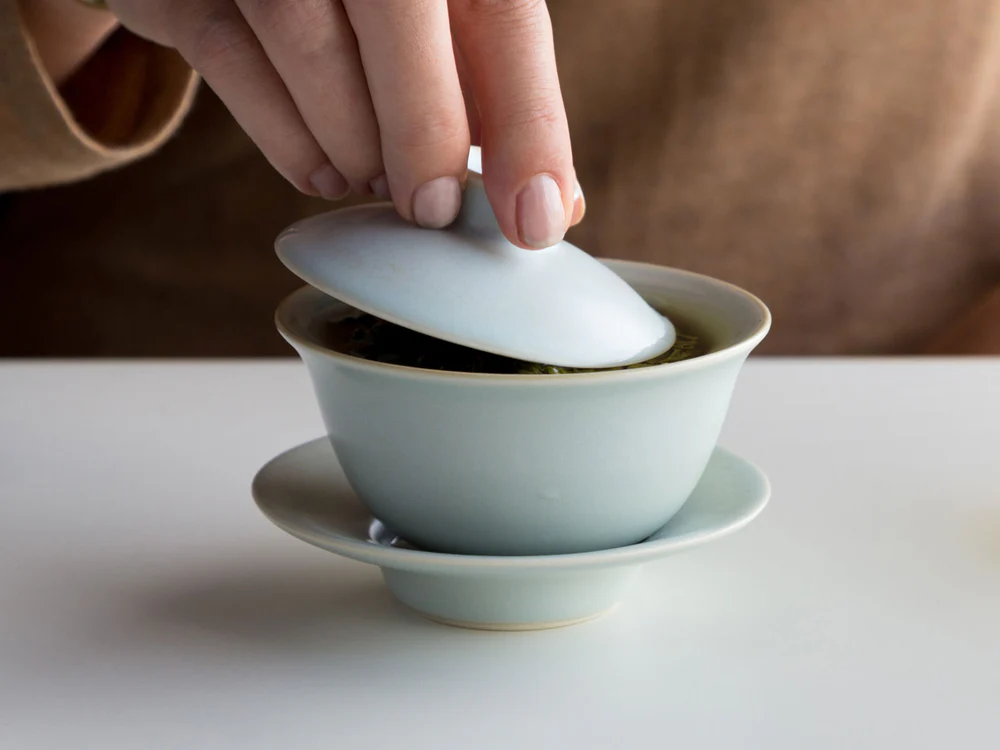
Teaware
Everything You Need to
Brew the Perfect Cup
Everything You Need to Brew the Perfect Cup

Kinto Hasami Porcelain Teapot
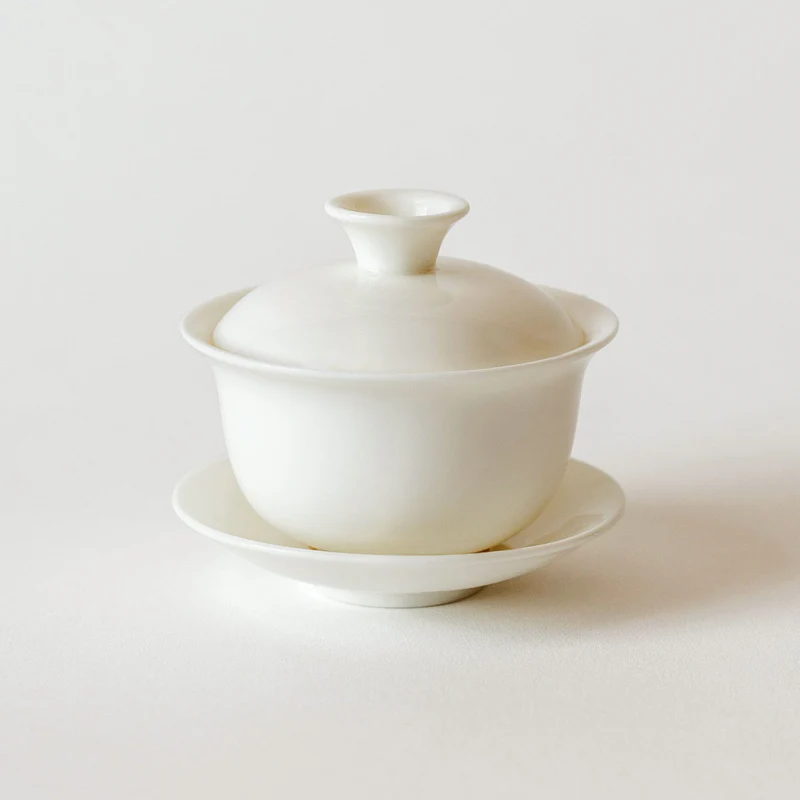
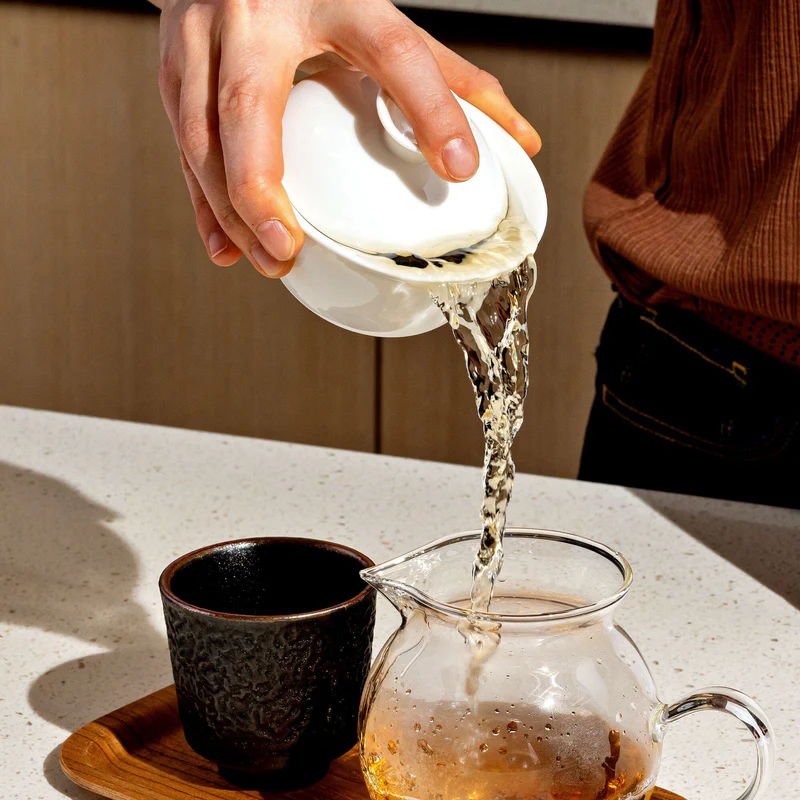
Gaiwan Teapot


Kinto Pebble Porcelain Teapot
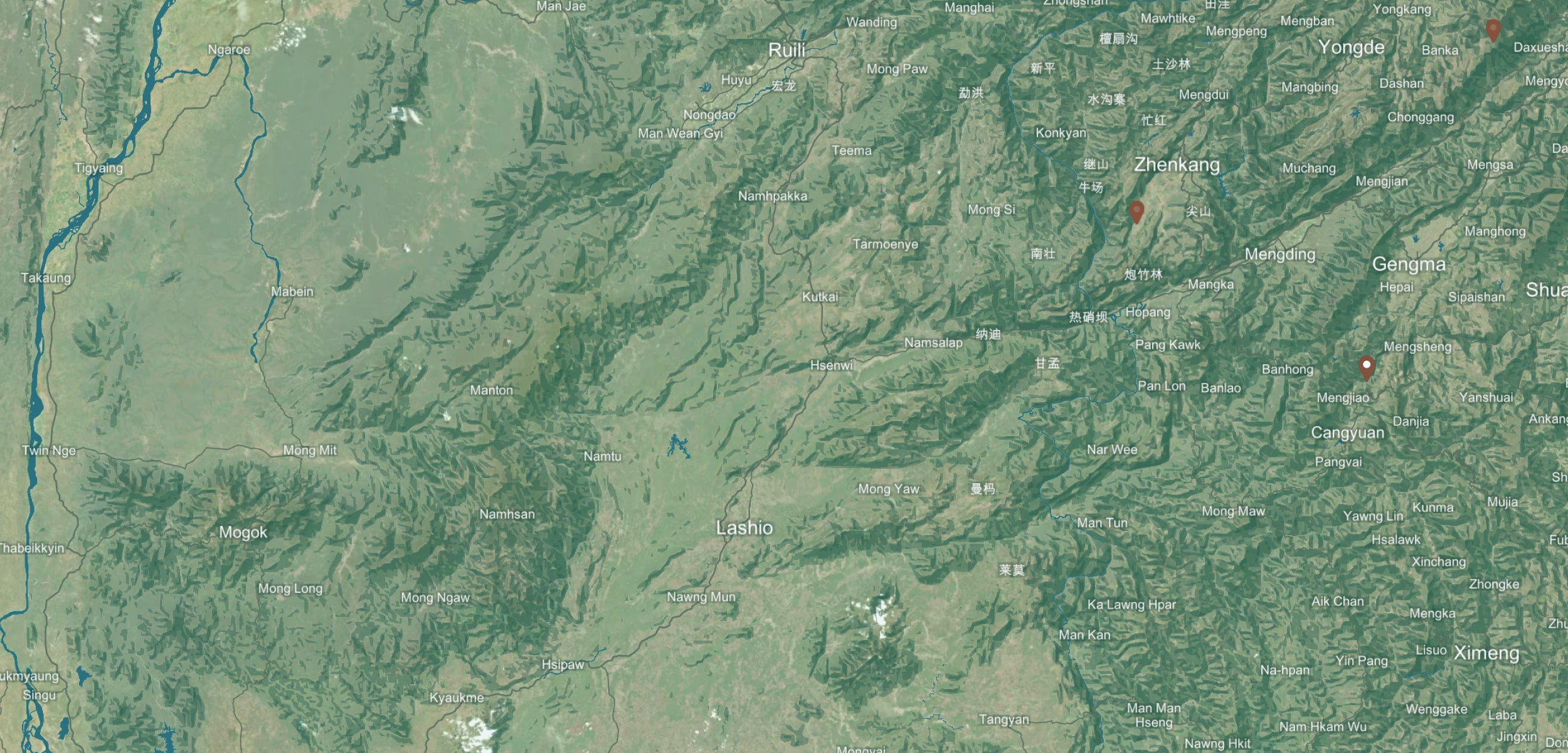
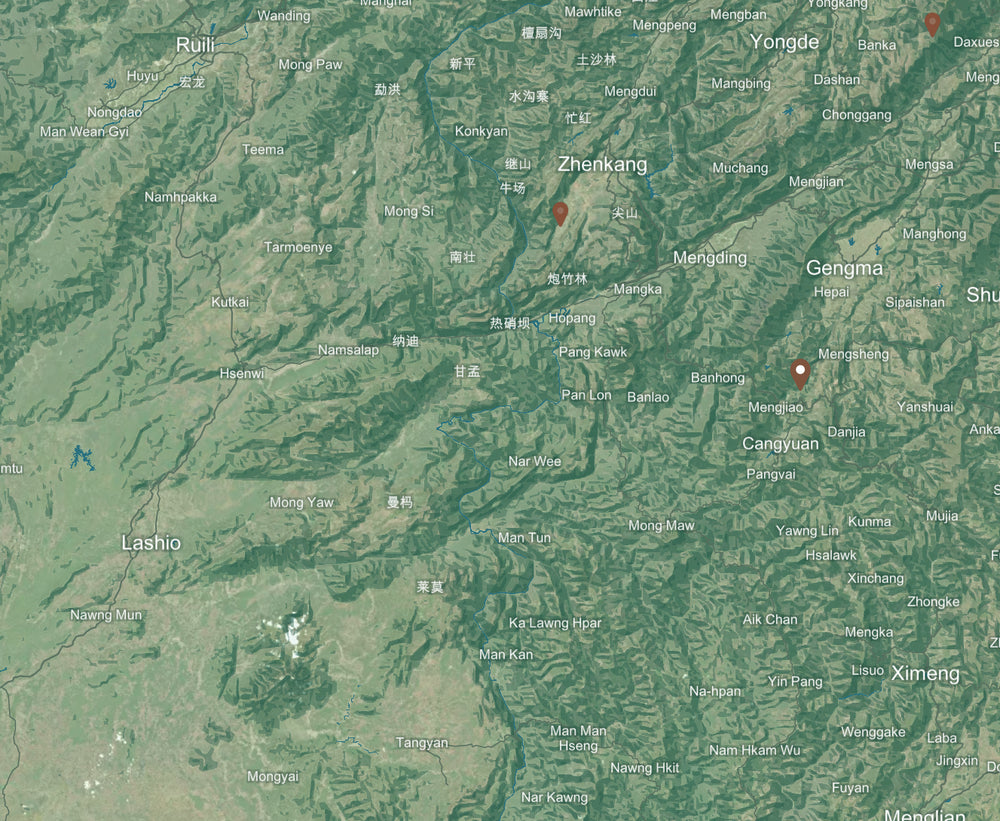
Origin
Wa Shan
Cangyuan County, Yunnan Province, China
Wa Shan Ecological Tea Garden sits in Lincang, on the border with Myanmar (Burma) in southwestern Yunnan. Surrounded by a lush and biodiverse mountainous region, this certified organic tea farm is one we have been working with since 2013. Wa Shan is a famous tea mountain since ancient times named after the Wa ethnic minority who have farmed tea in this region for more than a thousand years.
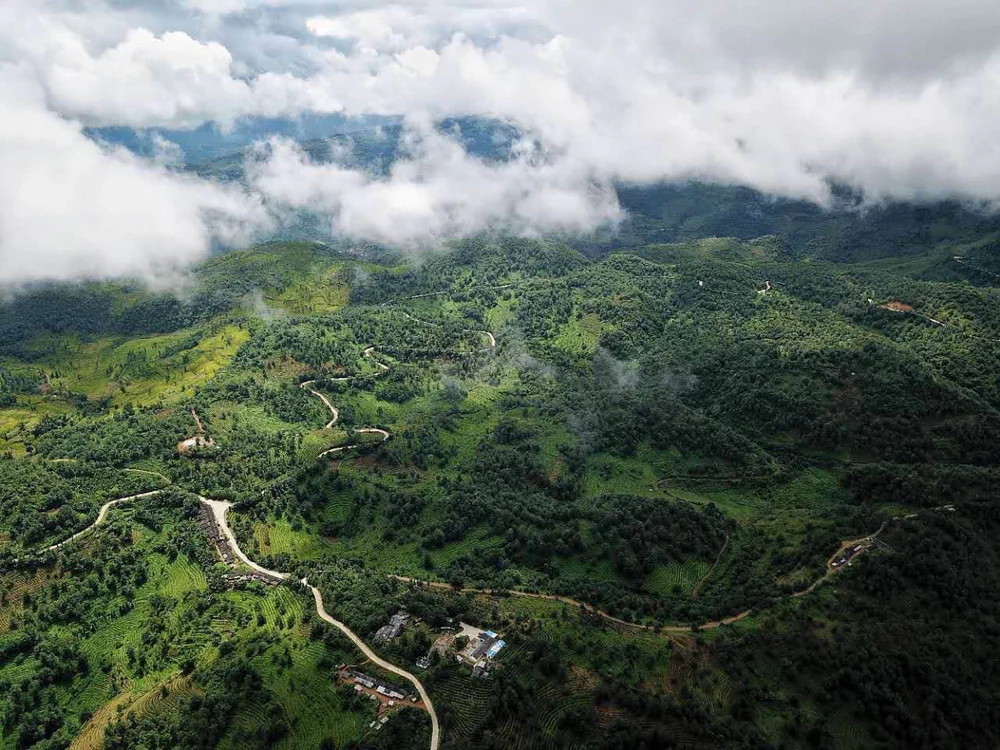
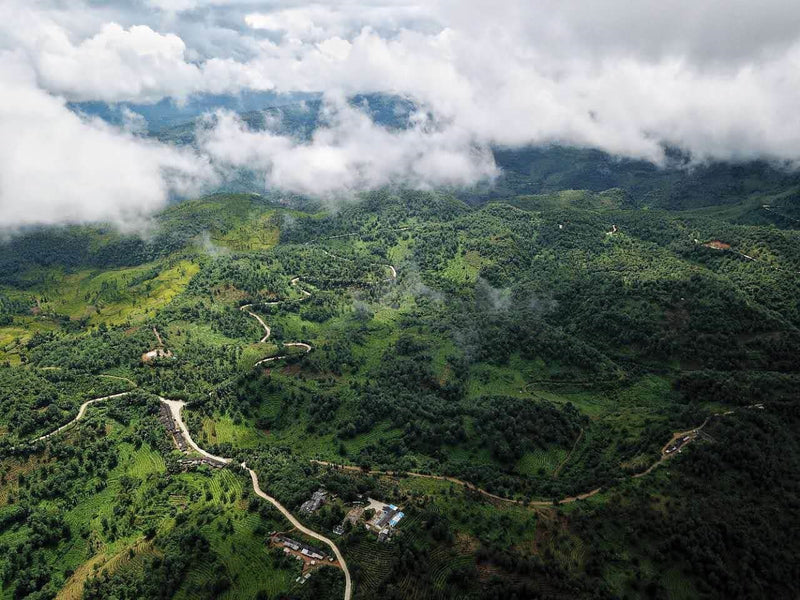
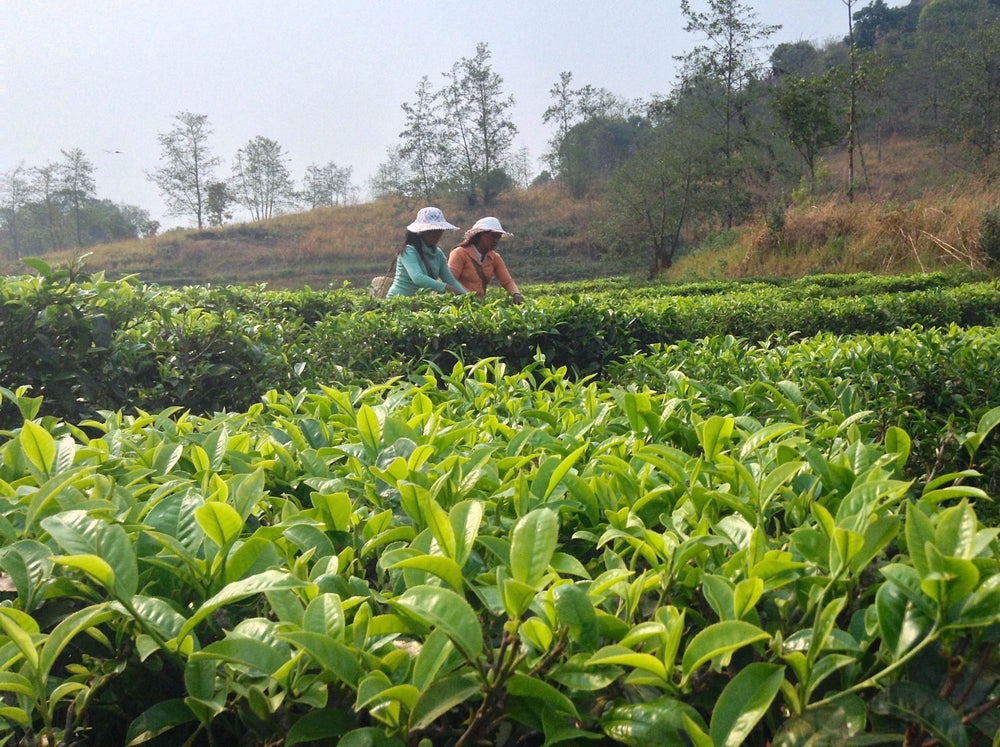
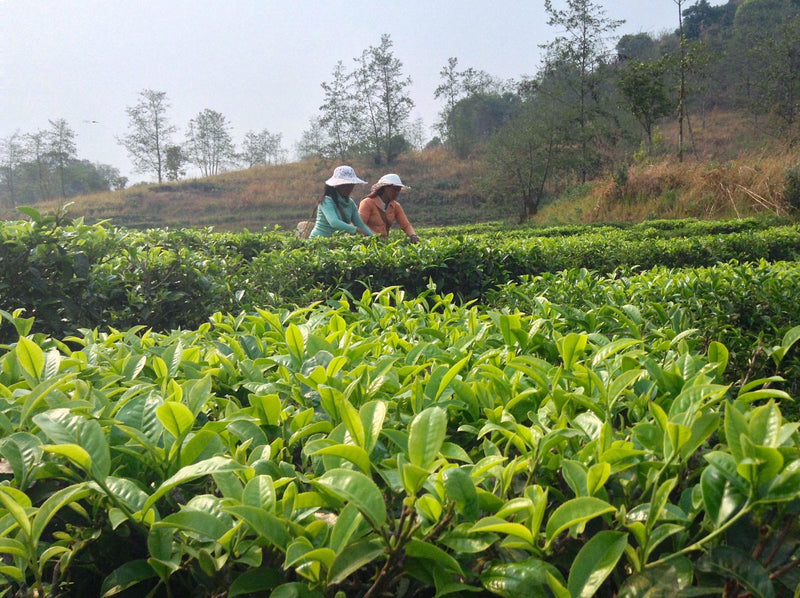
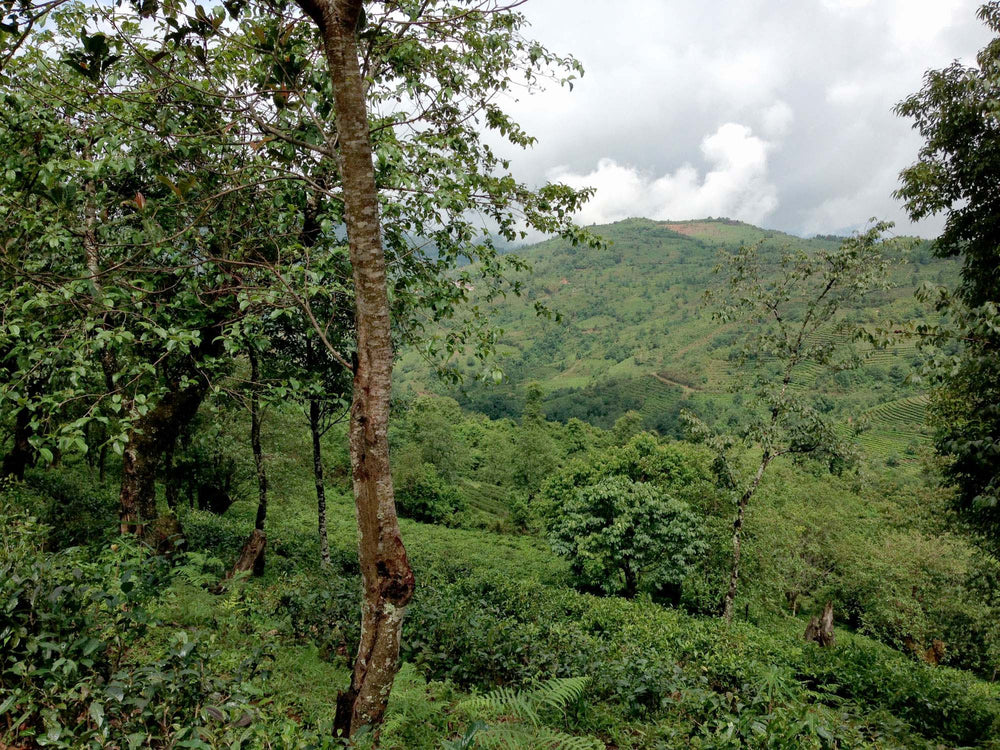
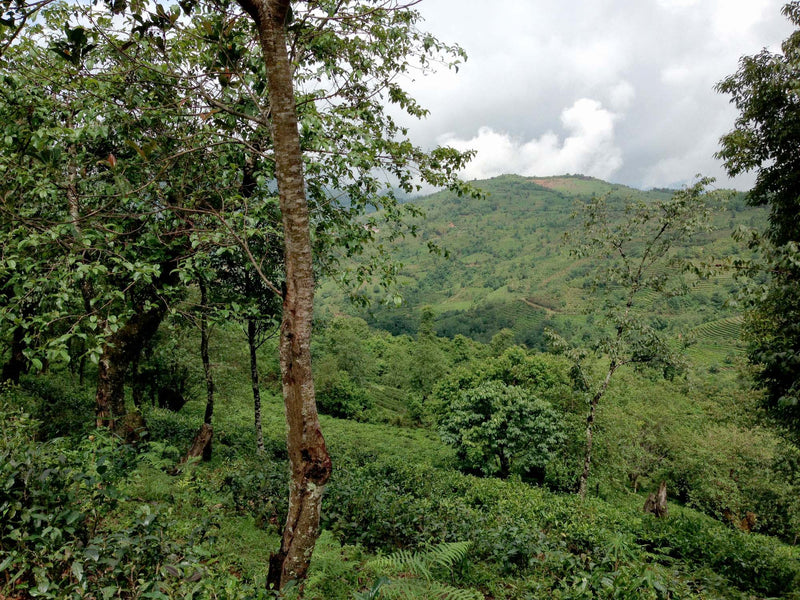
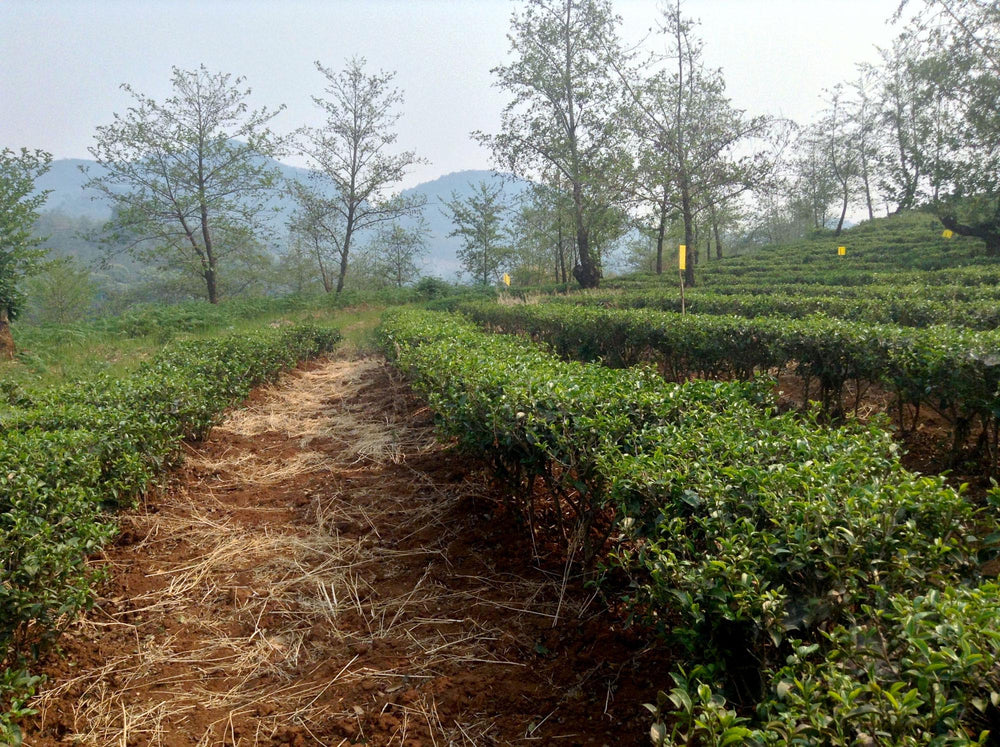
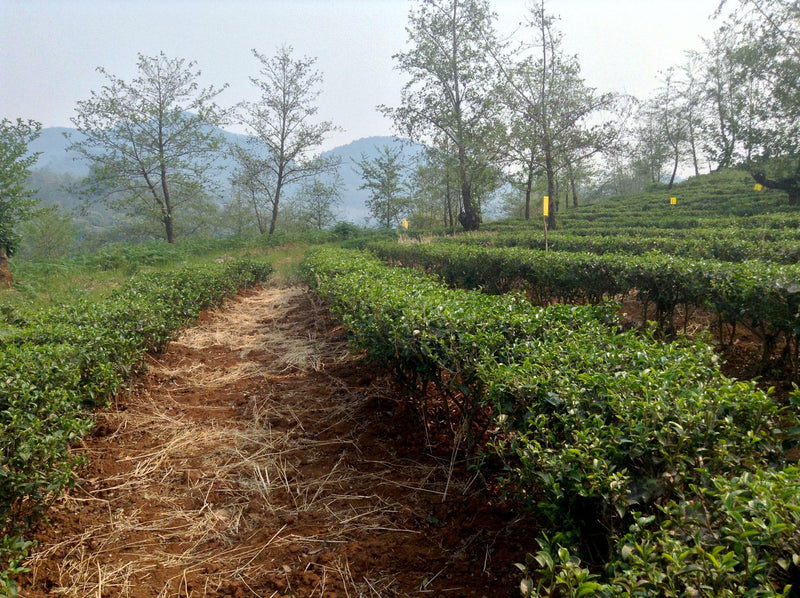
Customer Favorites
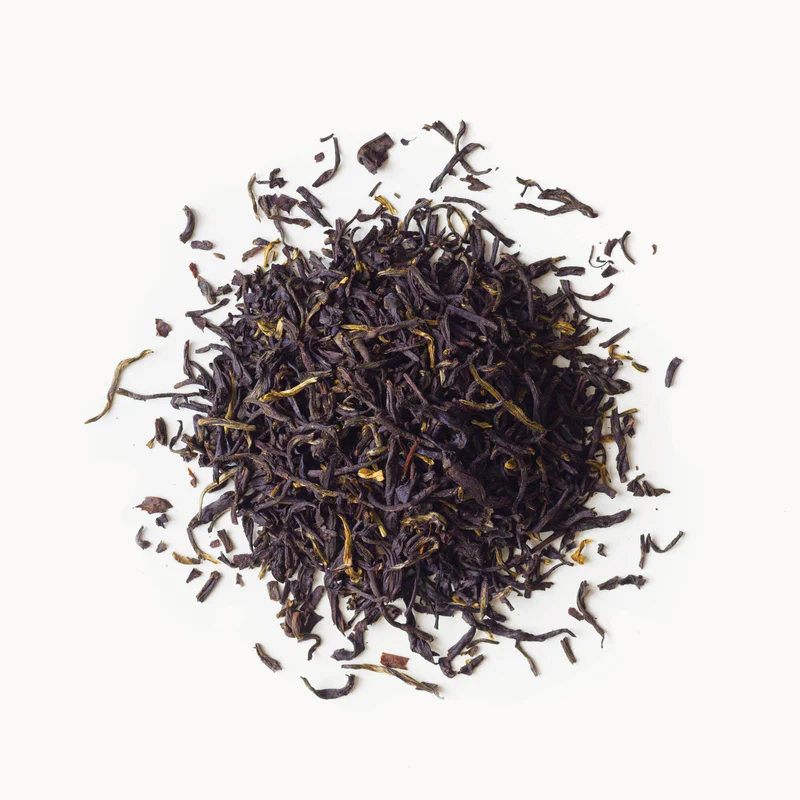
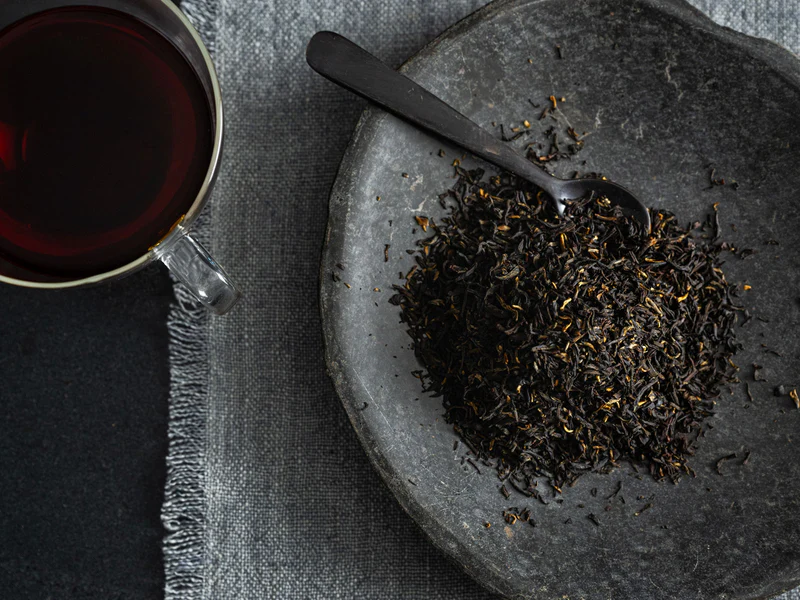

Earl Grey Supreme

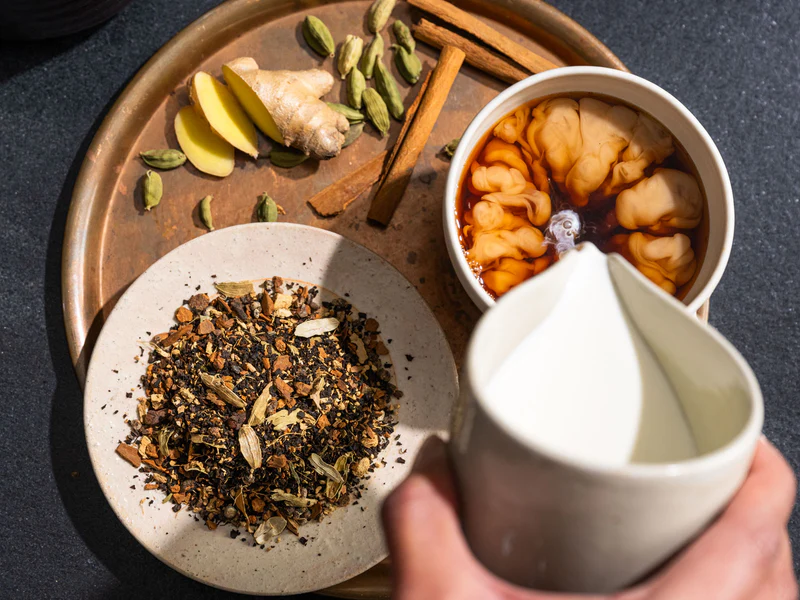

Masala Chai



Jasmine

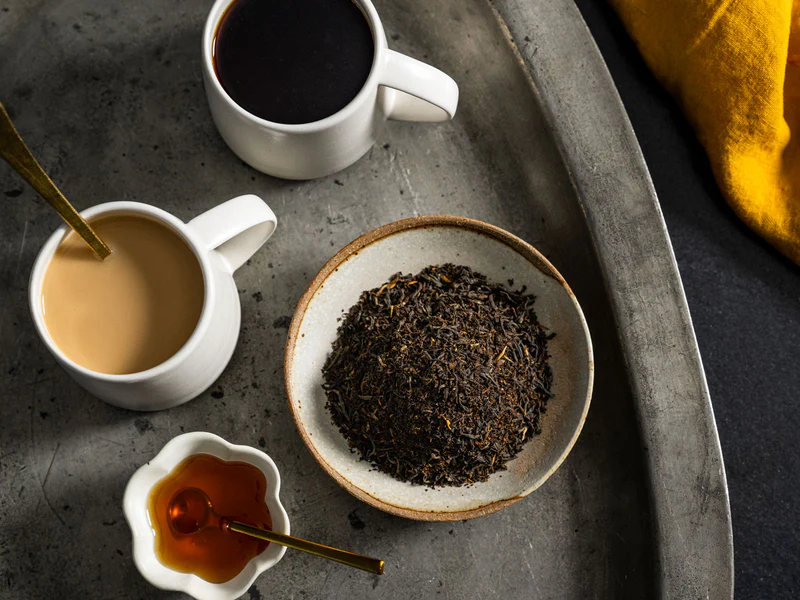

English Breakfast
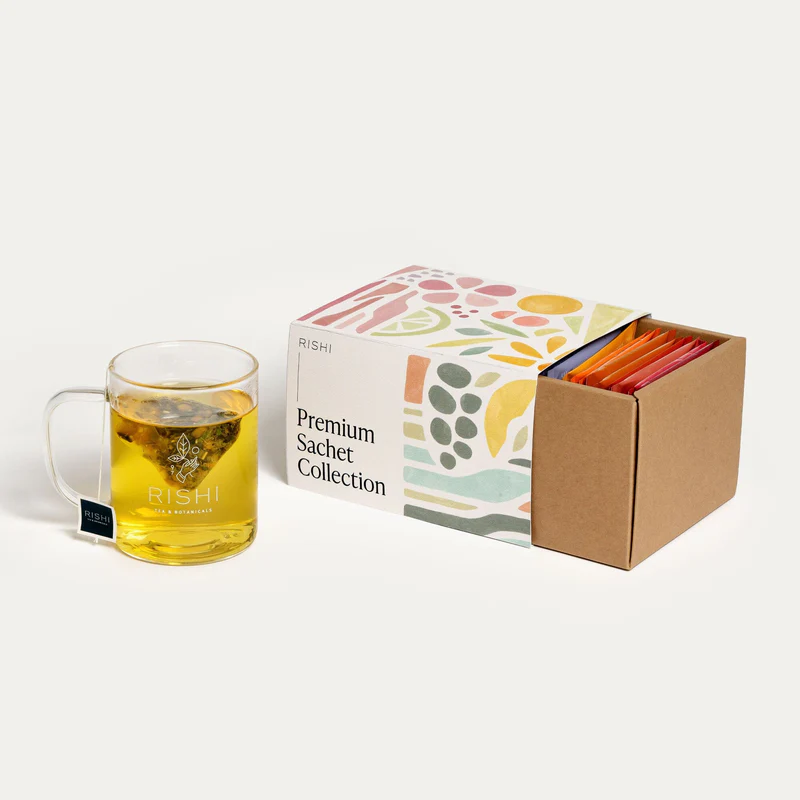


Premium Sachet Collection



Barista Matcha

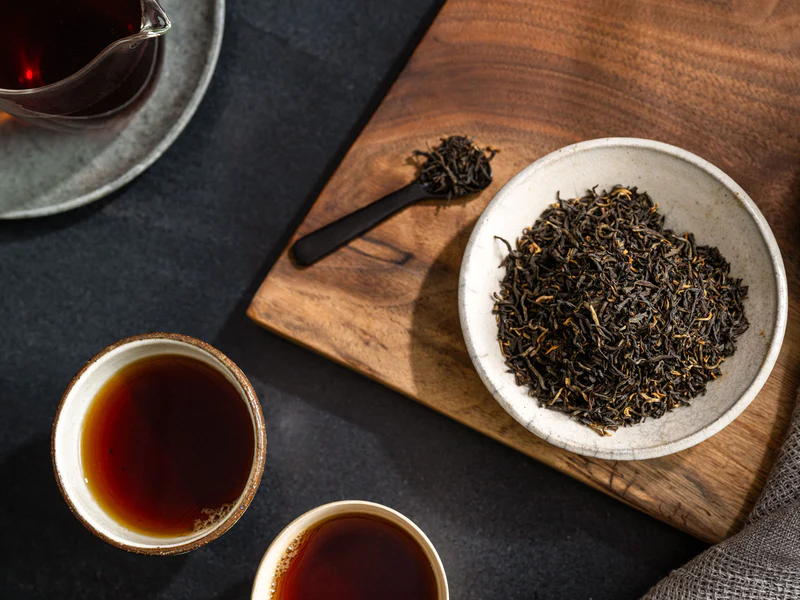

Golden Yunnan

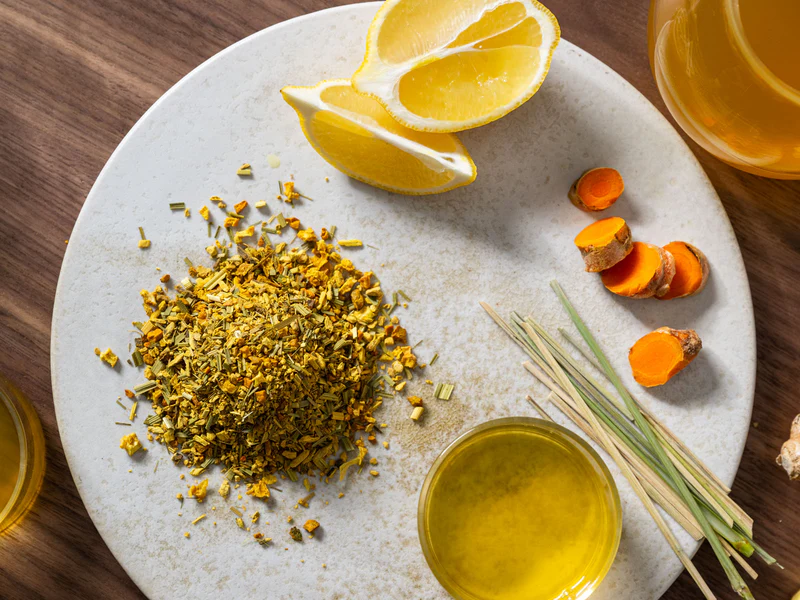

Turmeric Ginger

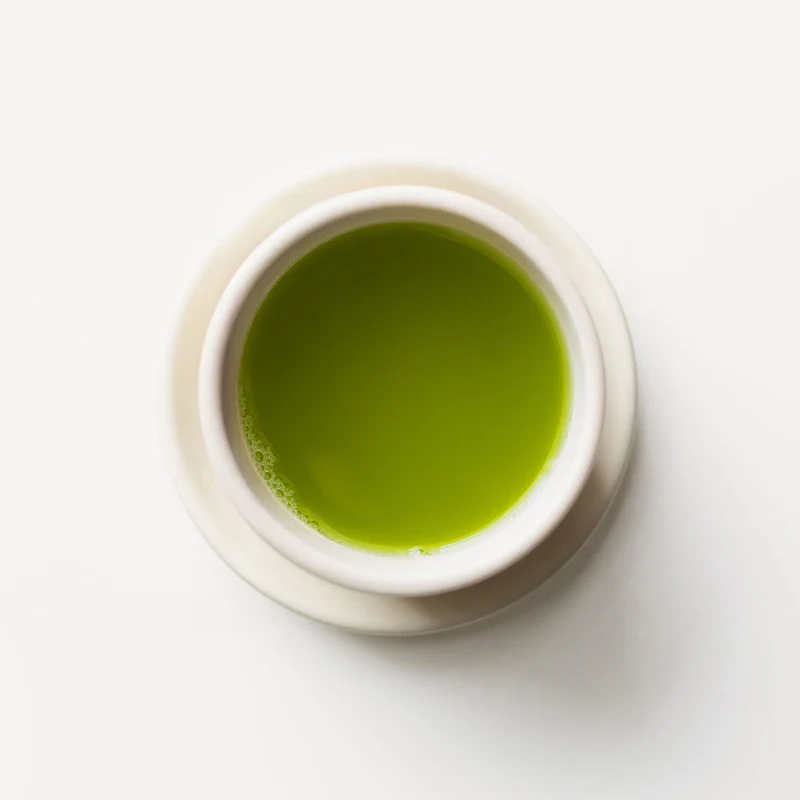

Matcha Super Green

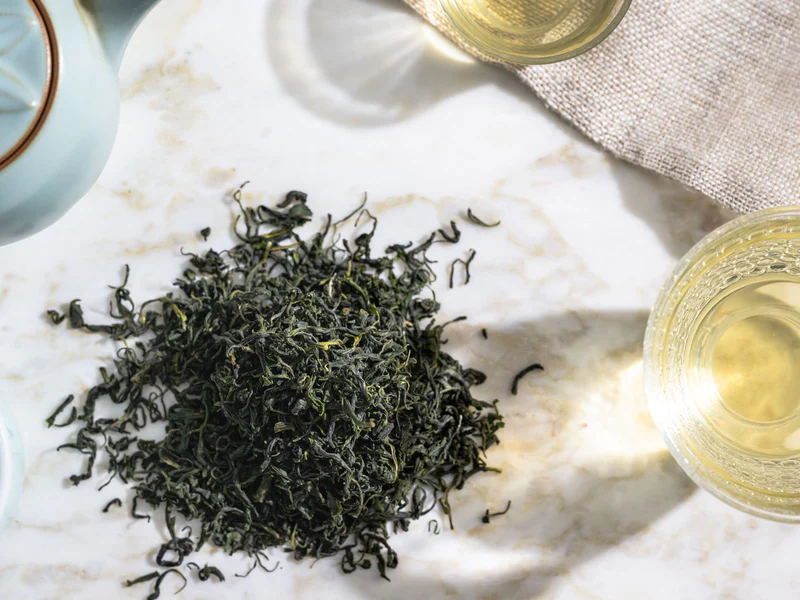
Jade Cloud
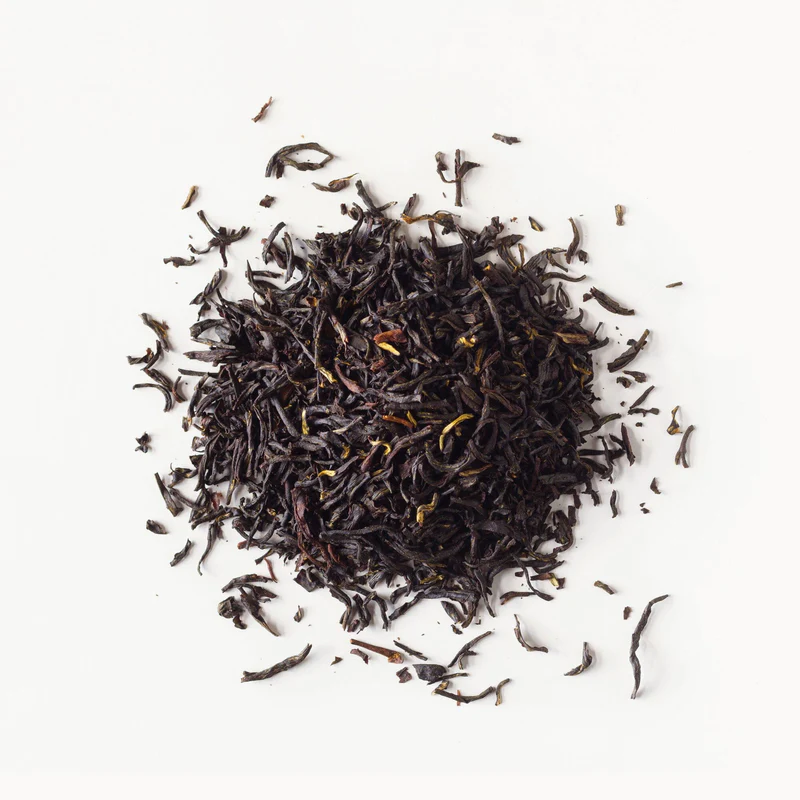

Earl Grey

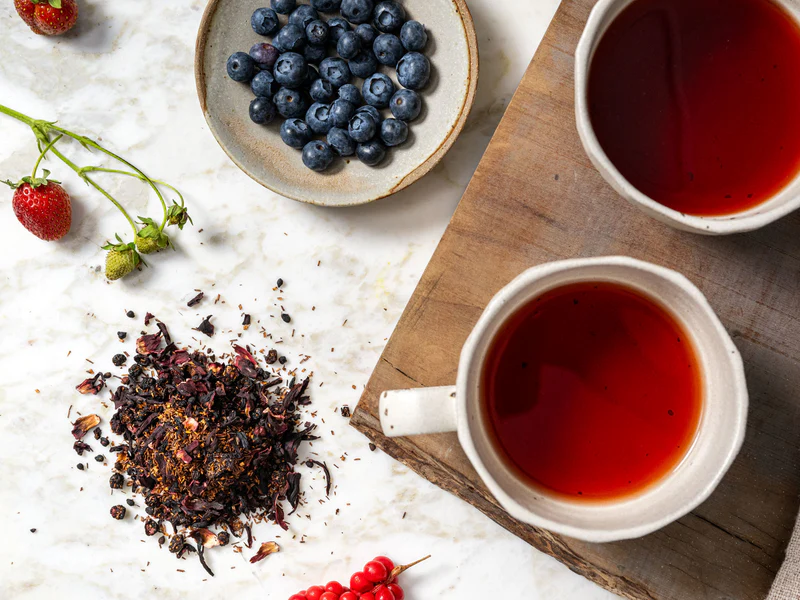
Blueberry Rooibos
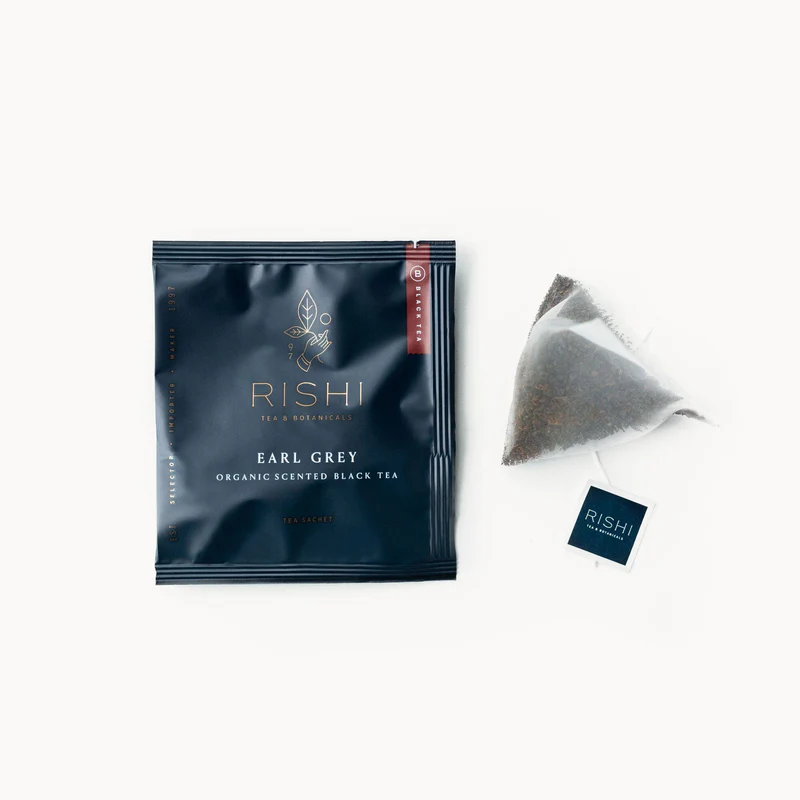
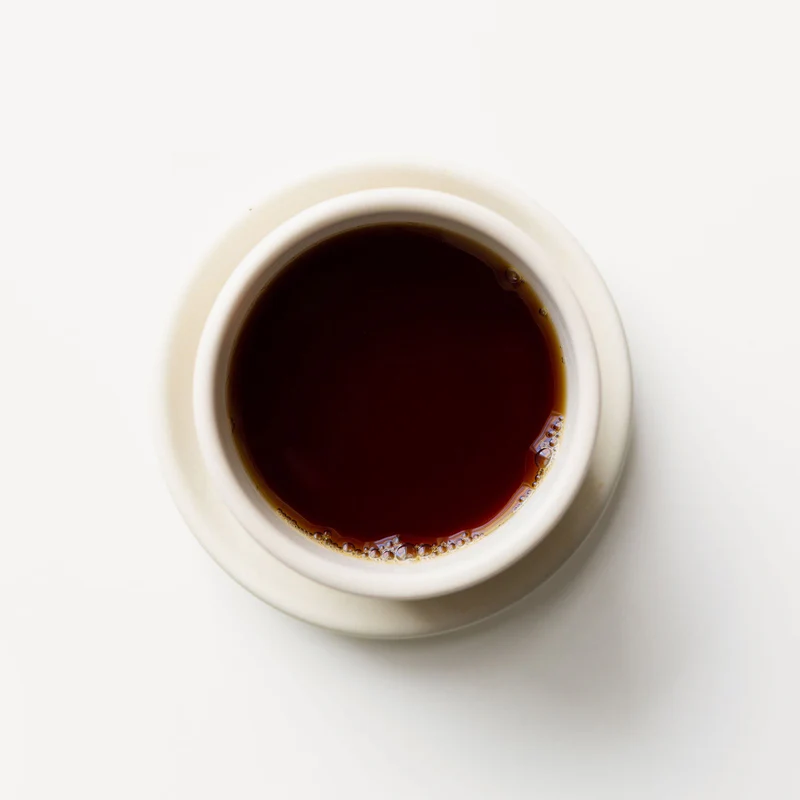
Earl Grey
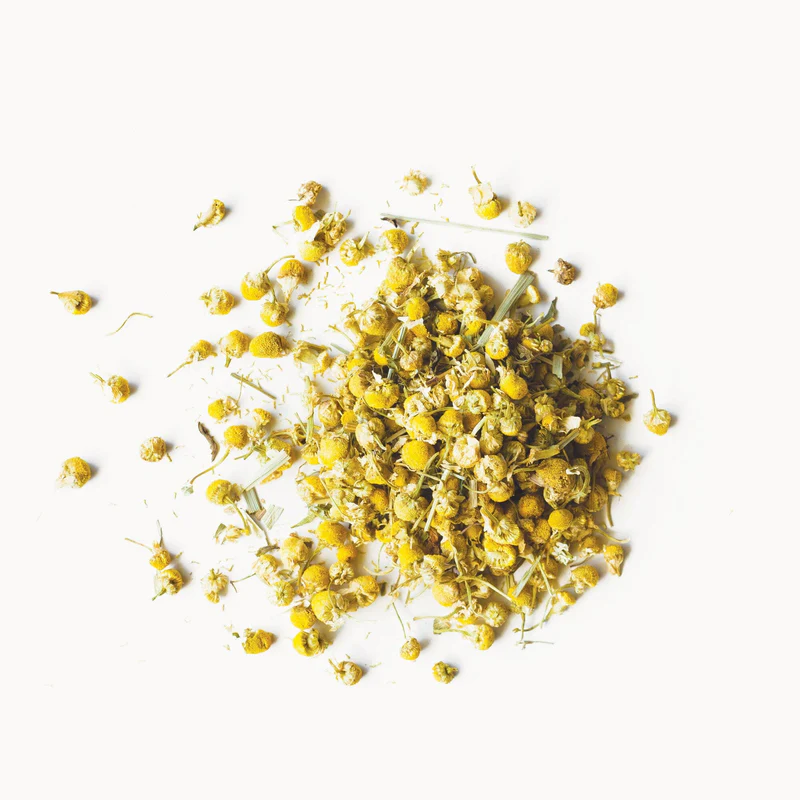
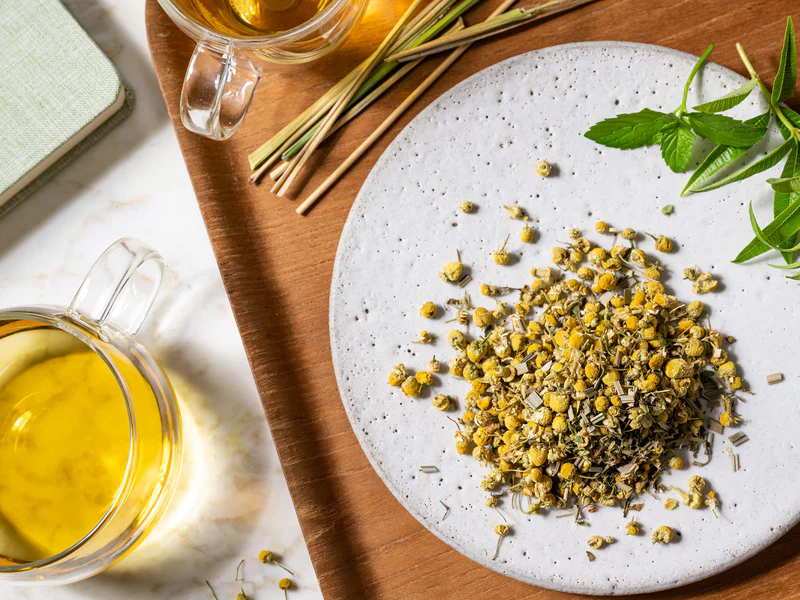
Chamomile Medley
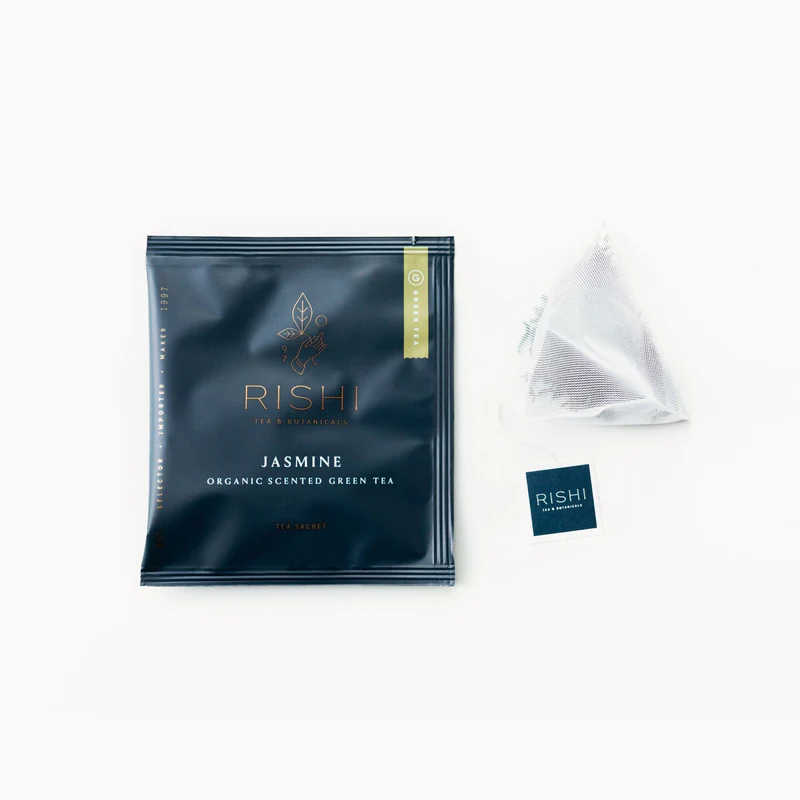

Jasmine

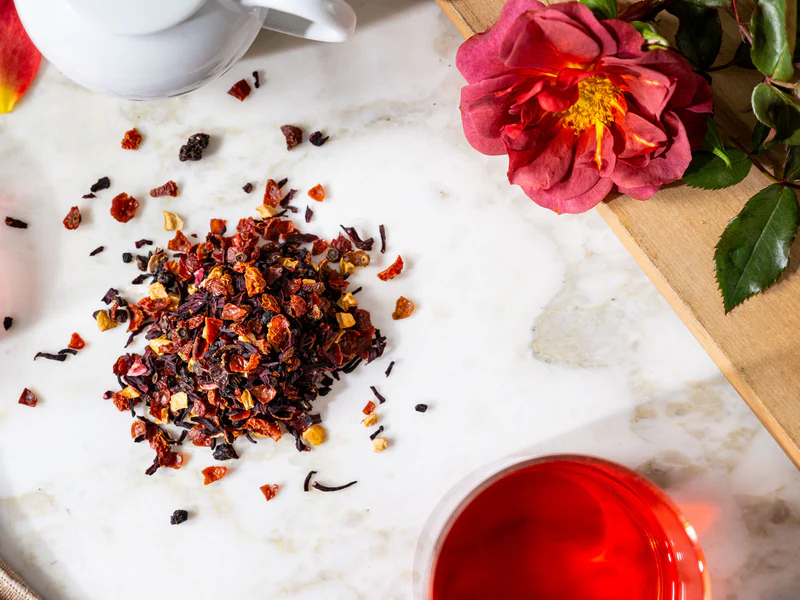
Hibiscus Berry
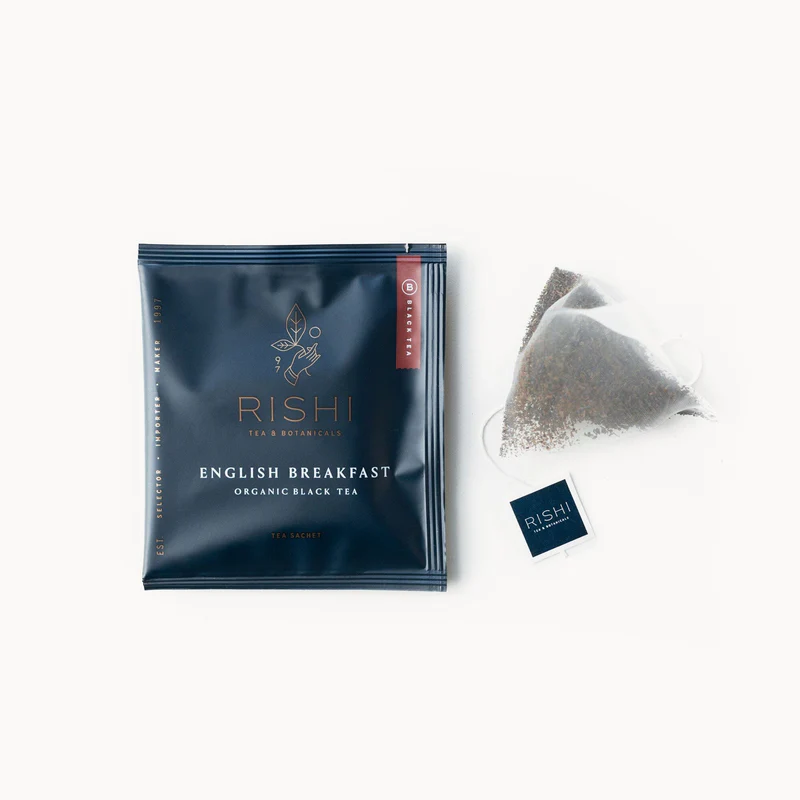
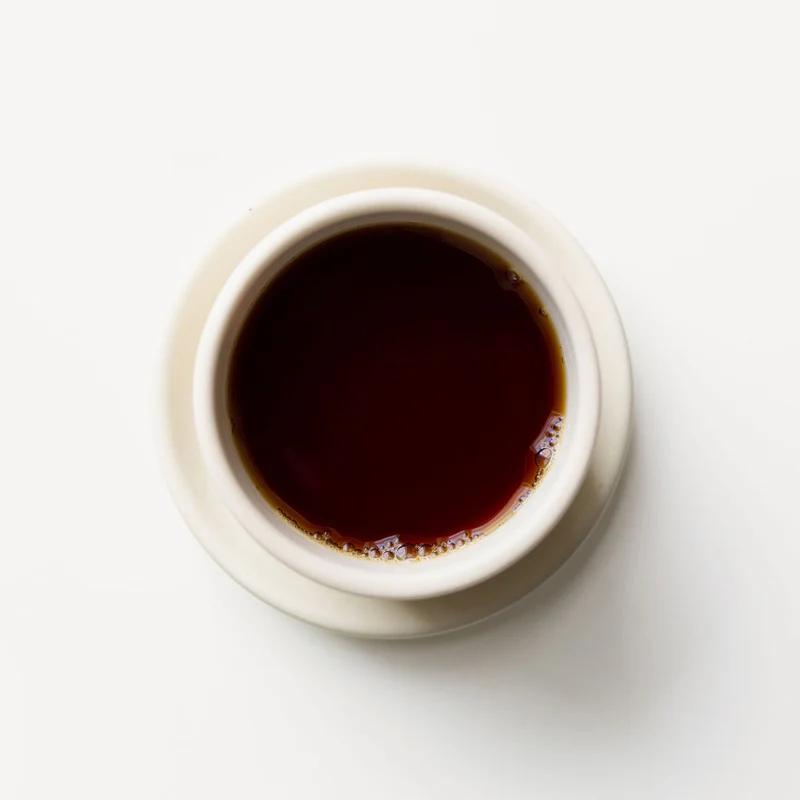

English Breakfast

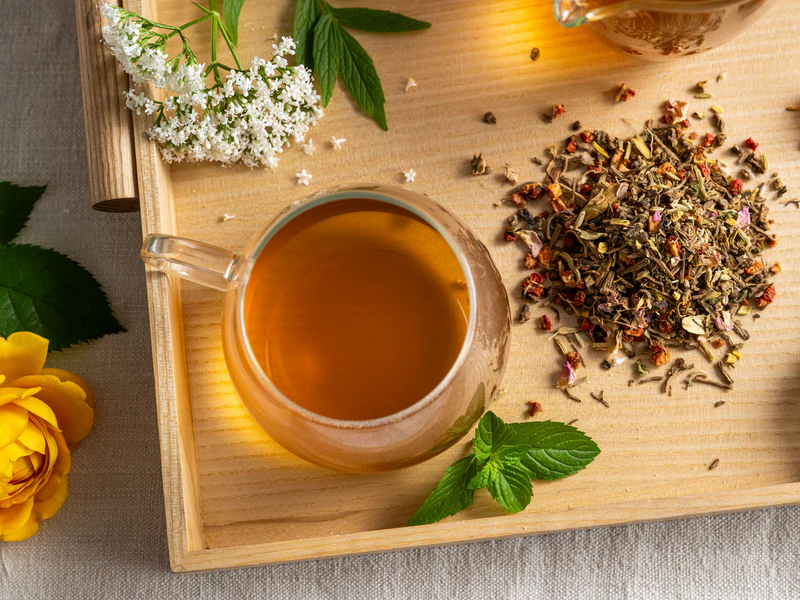
Valerian Dream
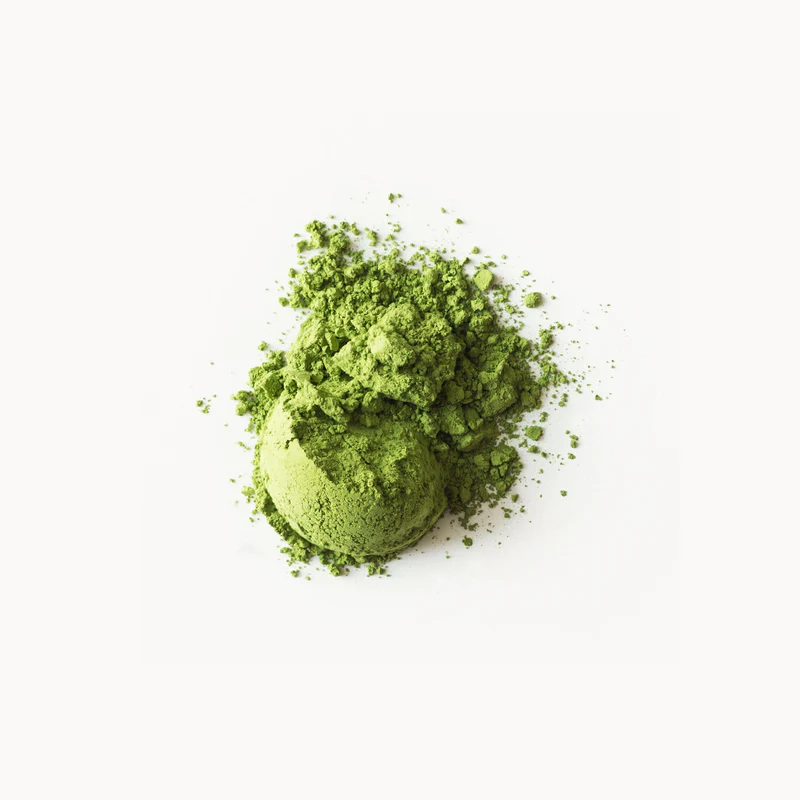
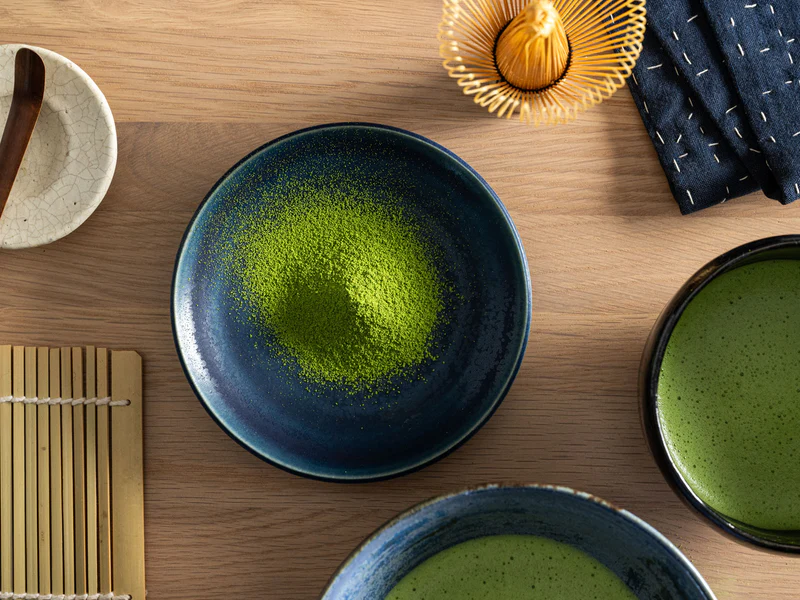

Teahouse Matcha

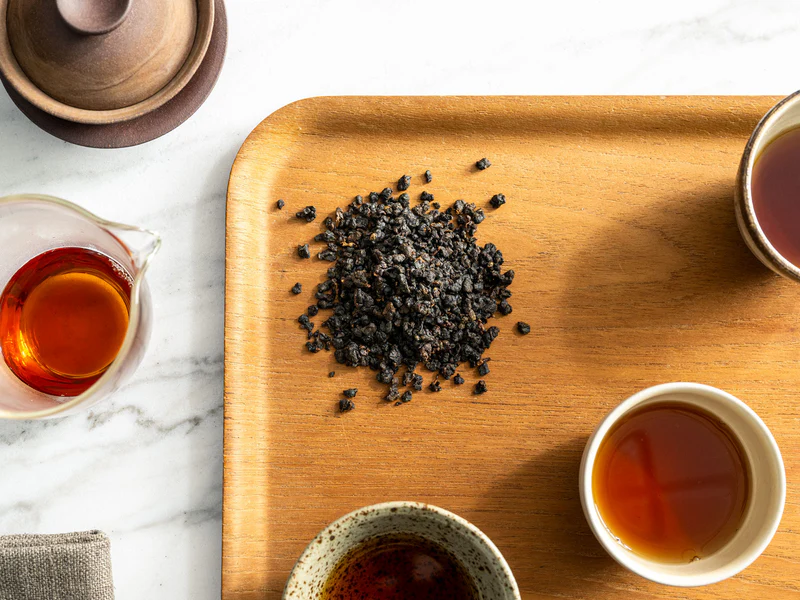

Ruby Oolong

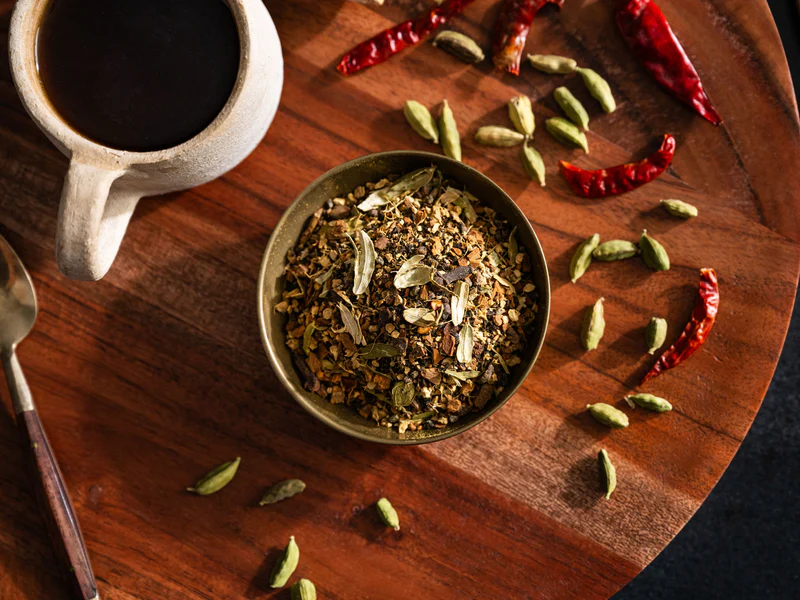
Spicy Masala Chai
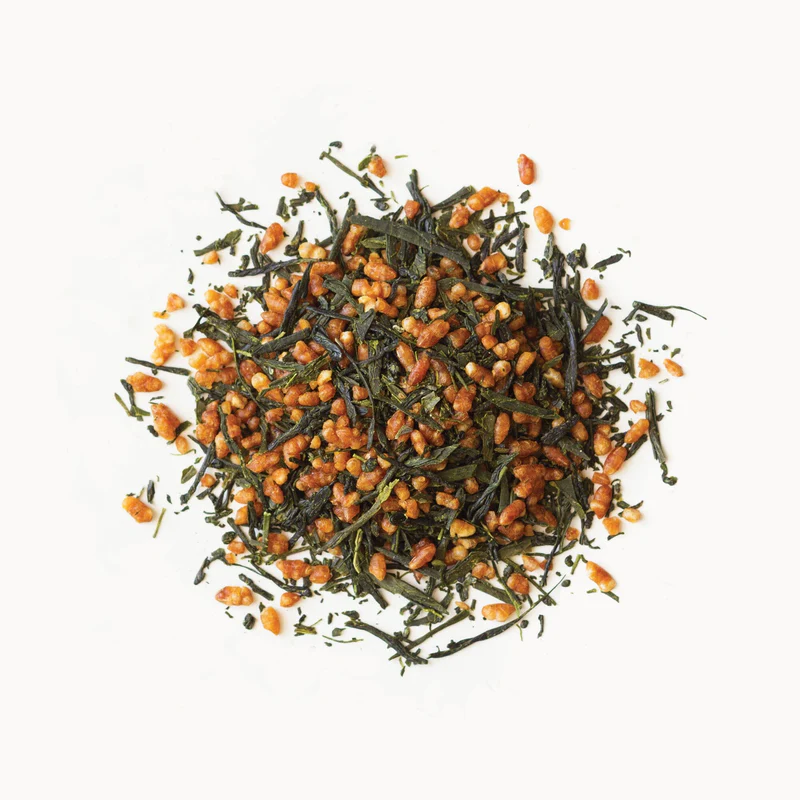
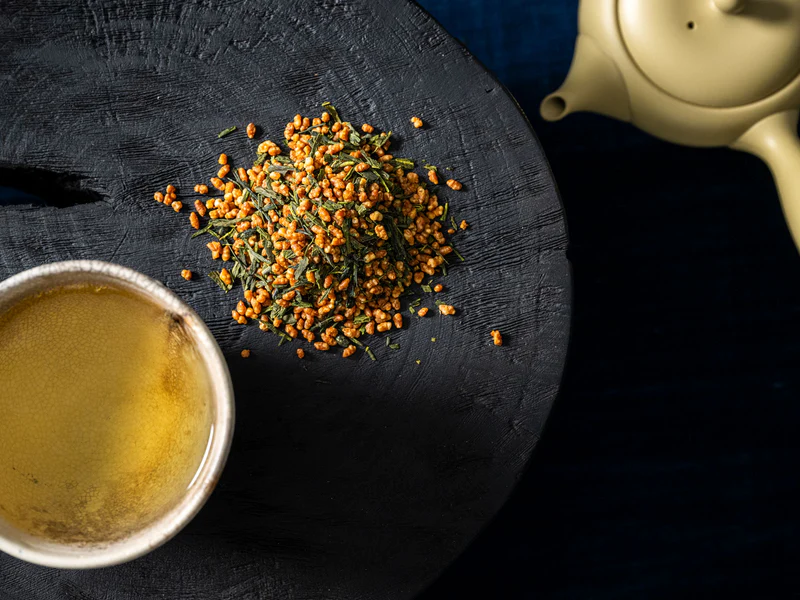
Genmaicha
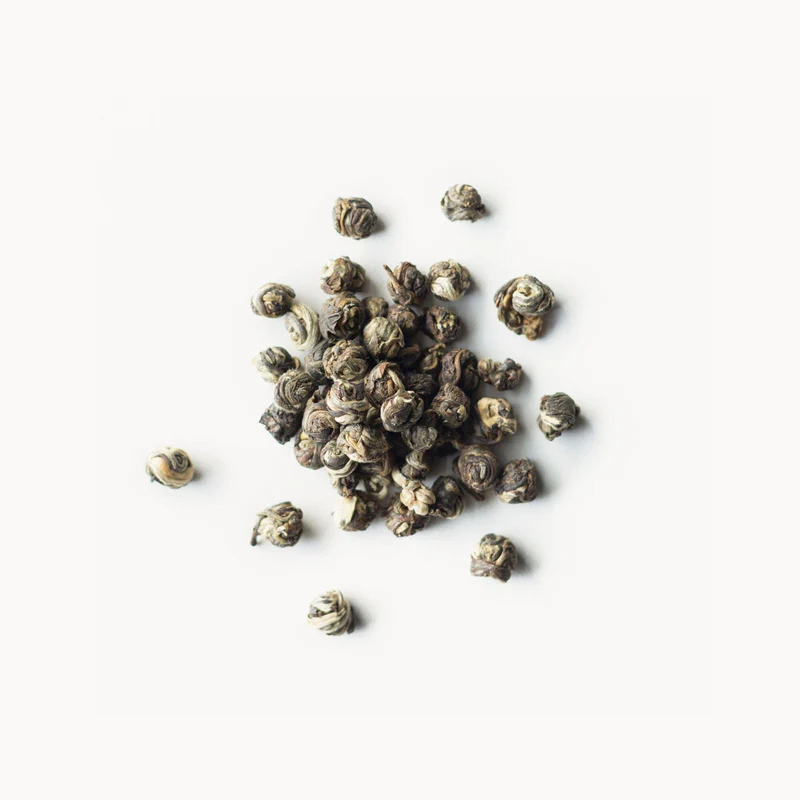
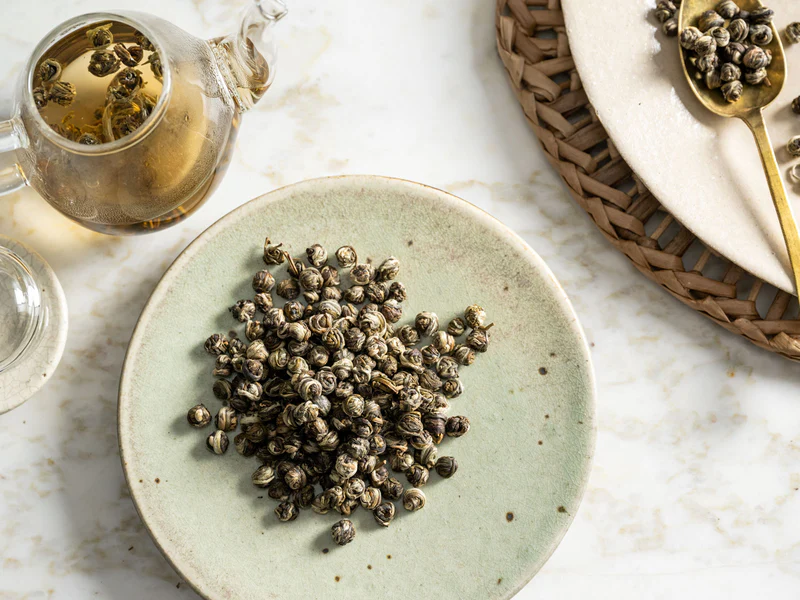
Jasmine Pearls
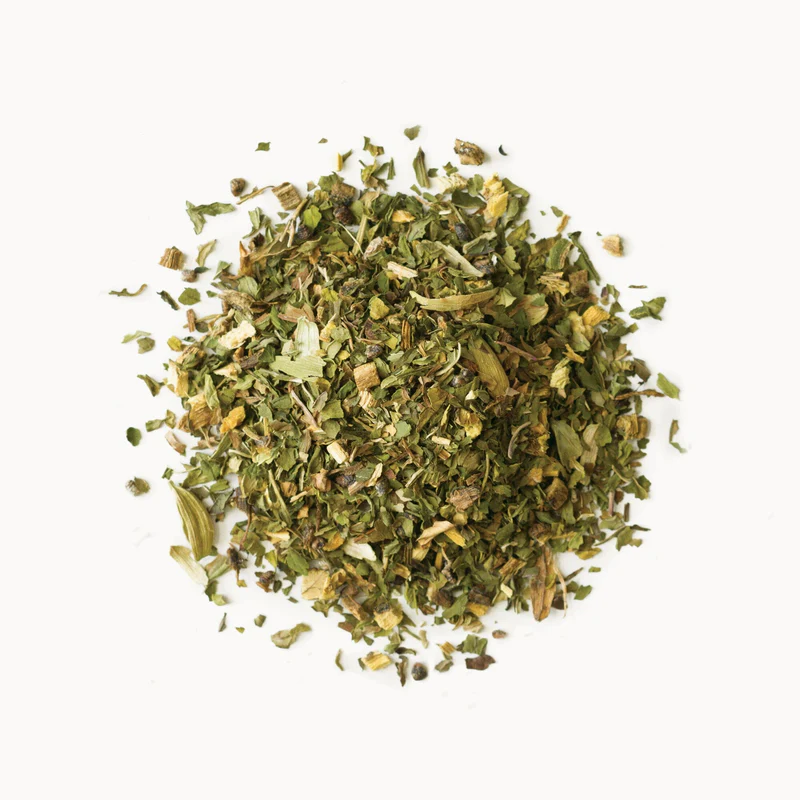
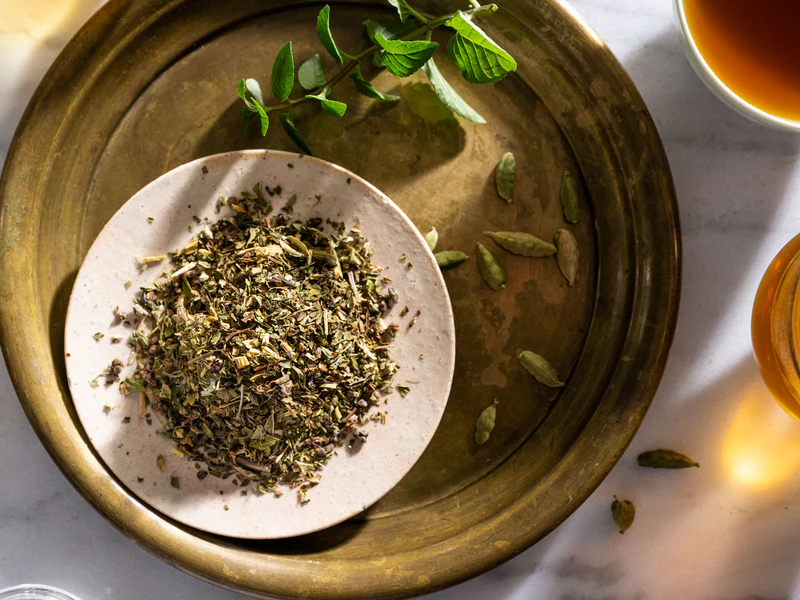
Mystic Mint
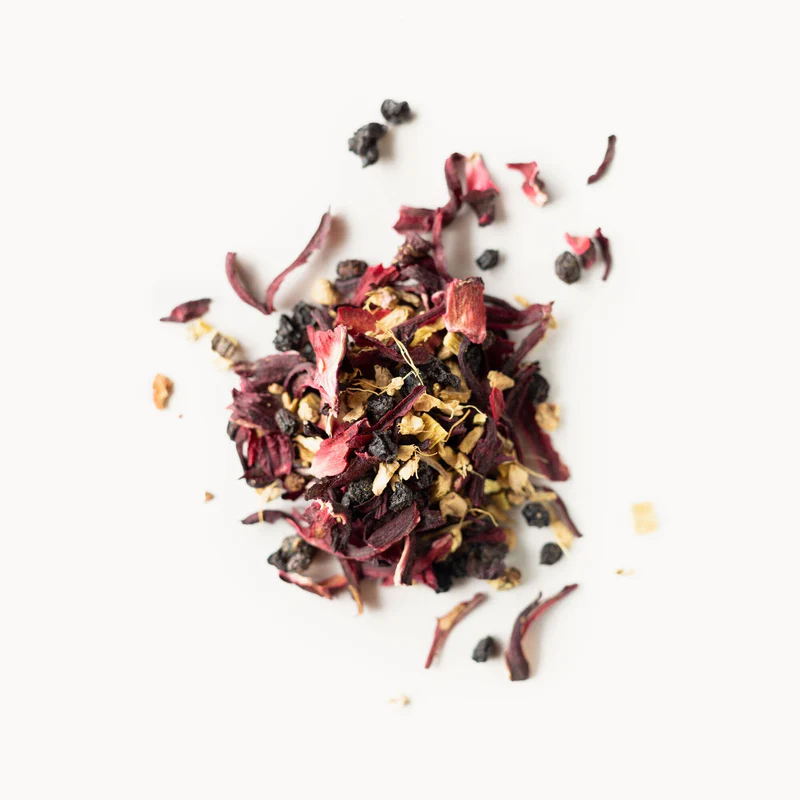
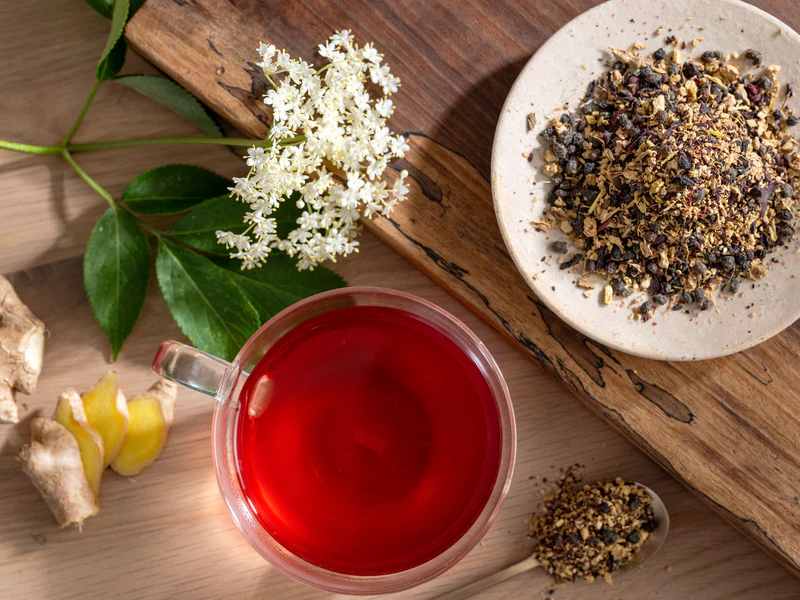
Elderberry Healer
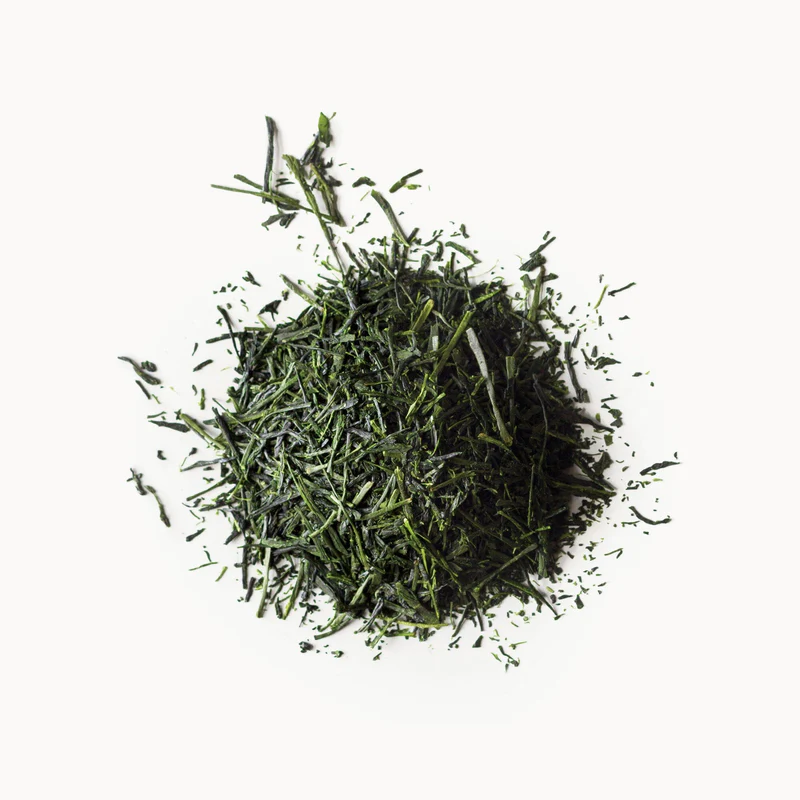


Nishi Sencha First Flush


Orange Blossom
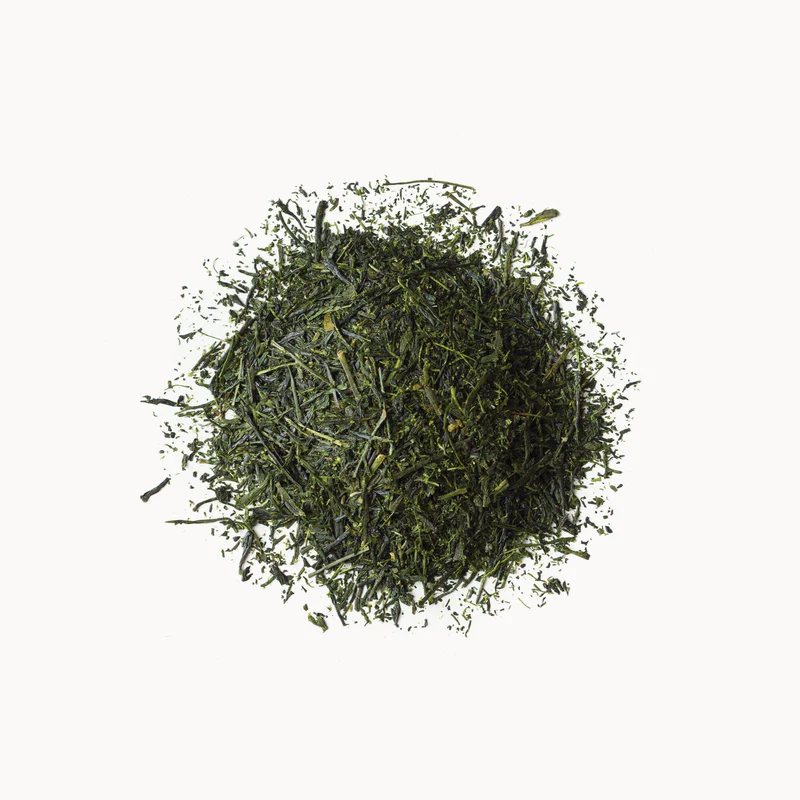
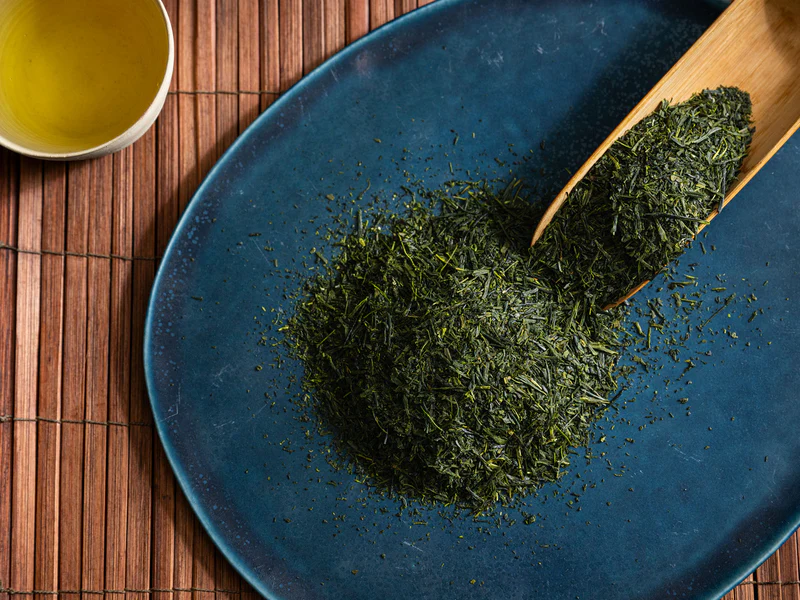
Sencha
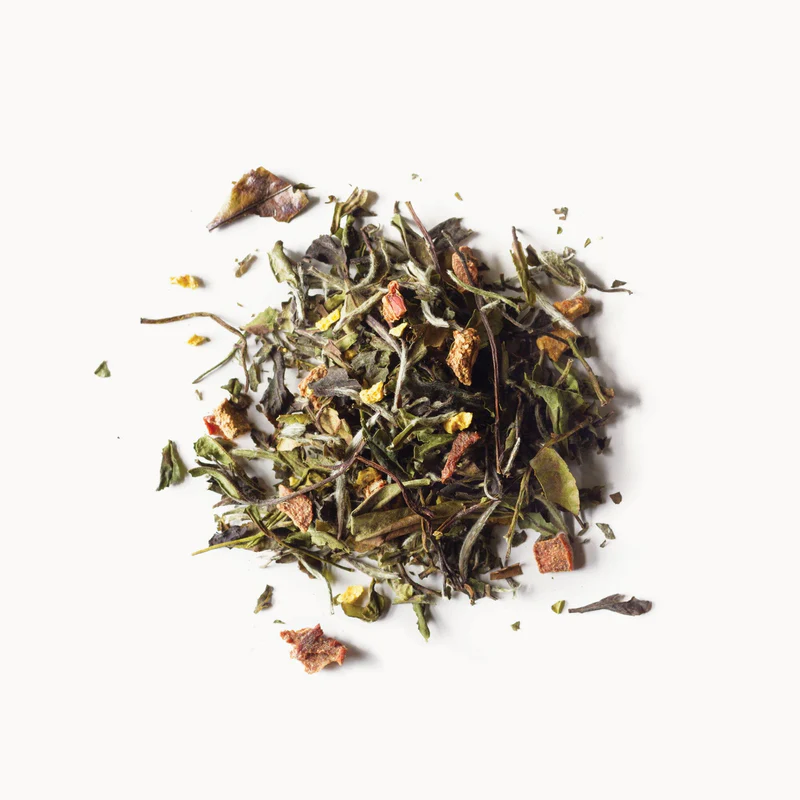
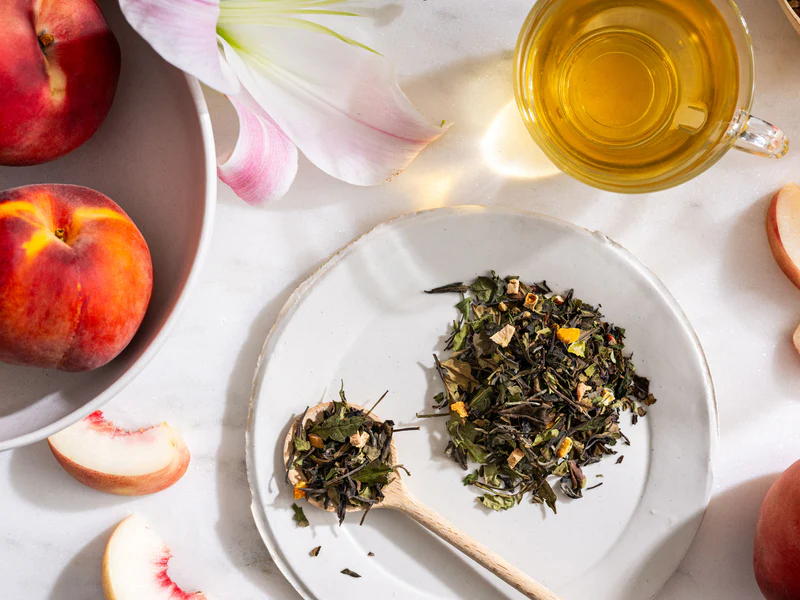
Peach Blossom
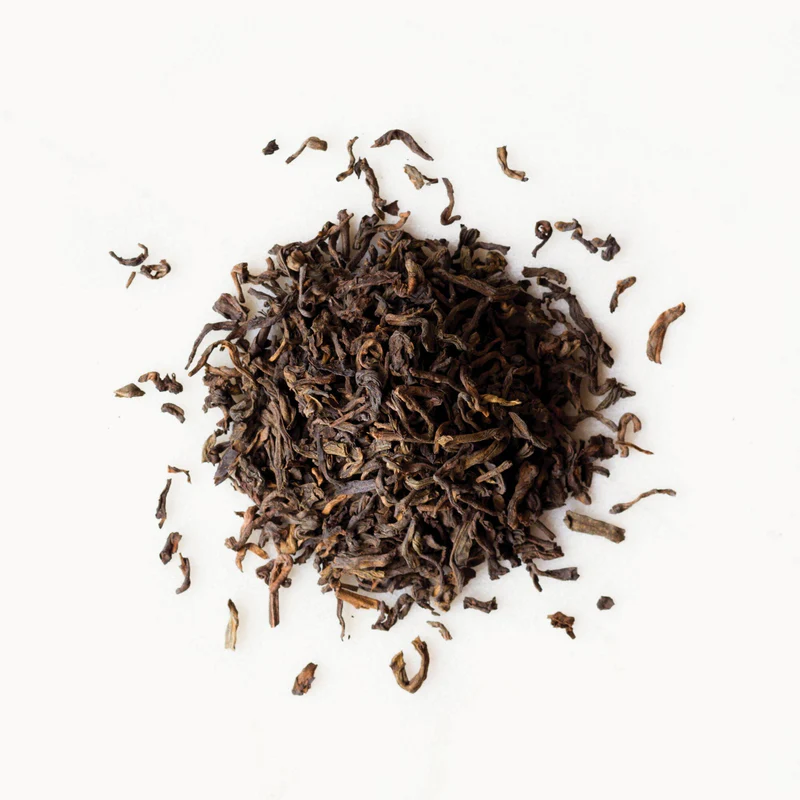

Pu’er Classic
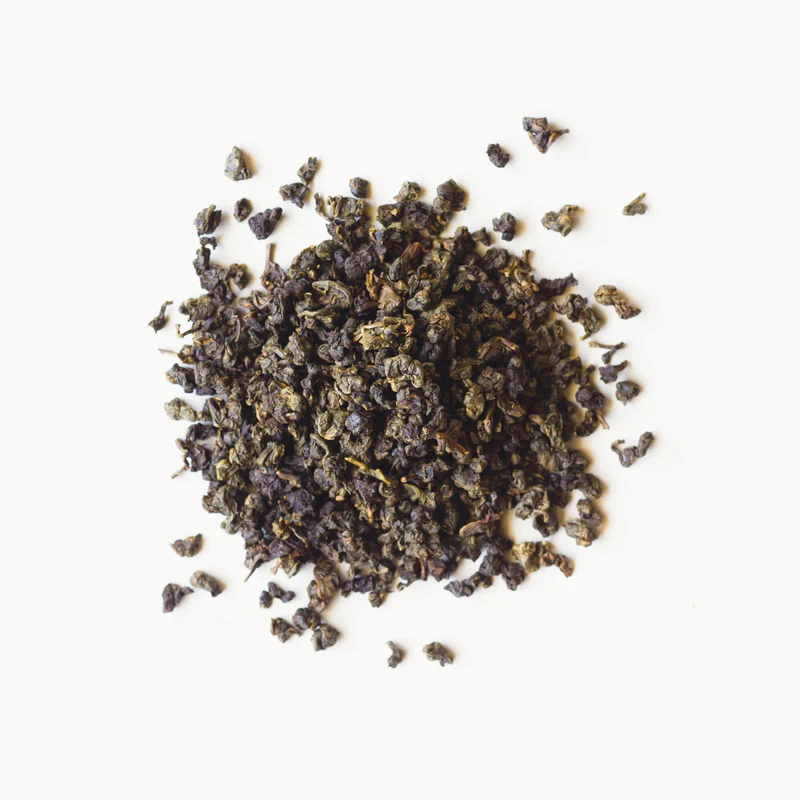
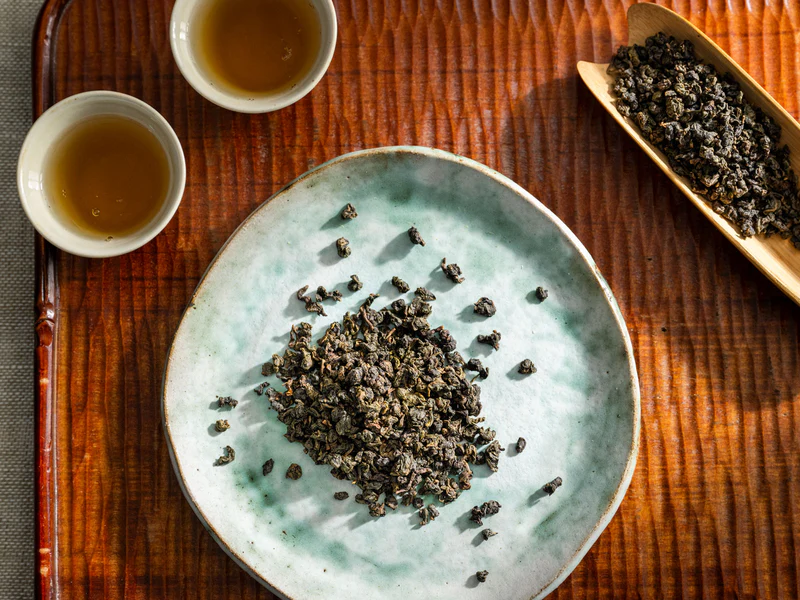

Iron Goddess of Mercy
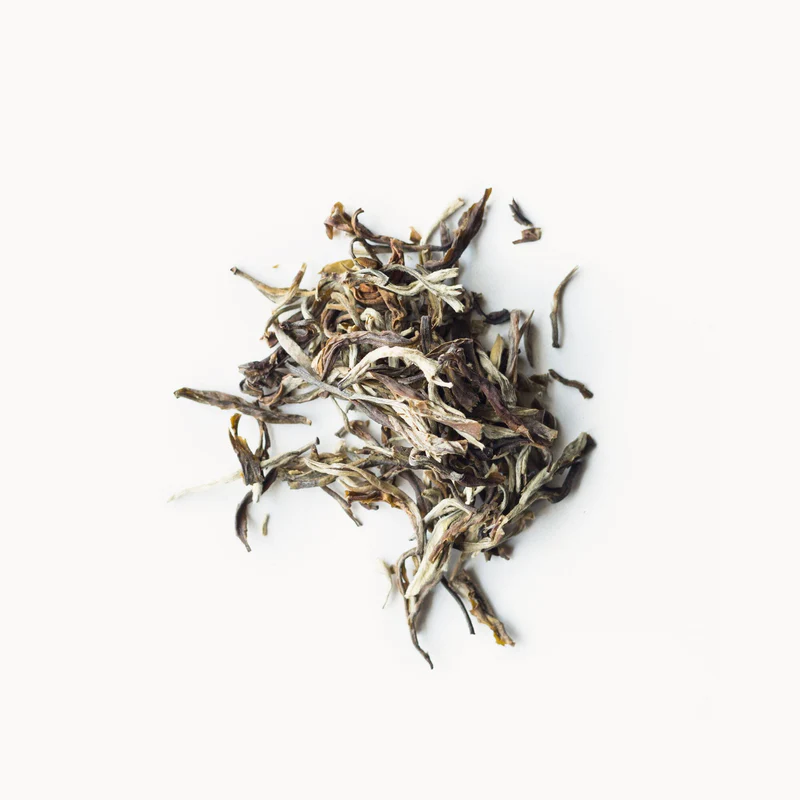
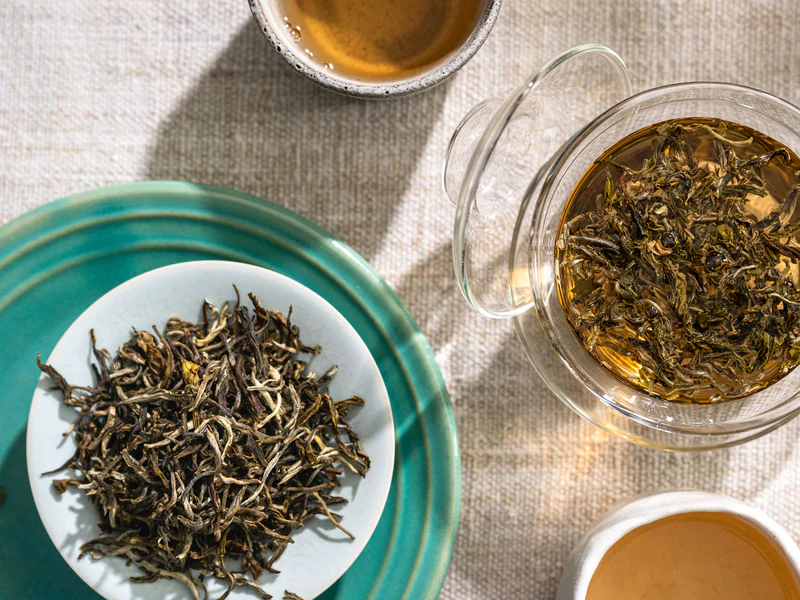
Moonlight Jasmine
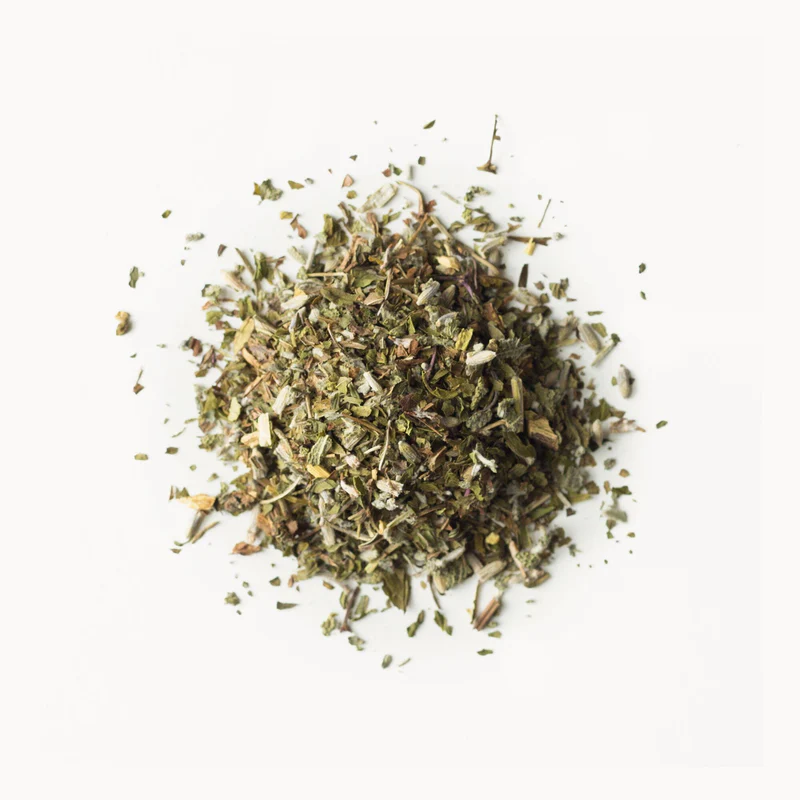
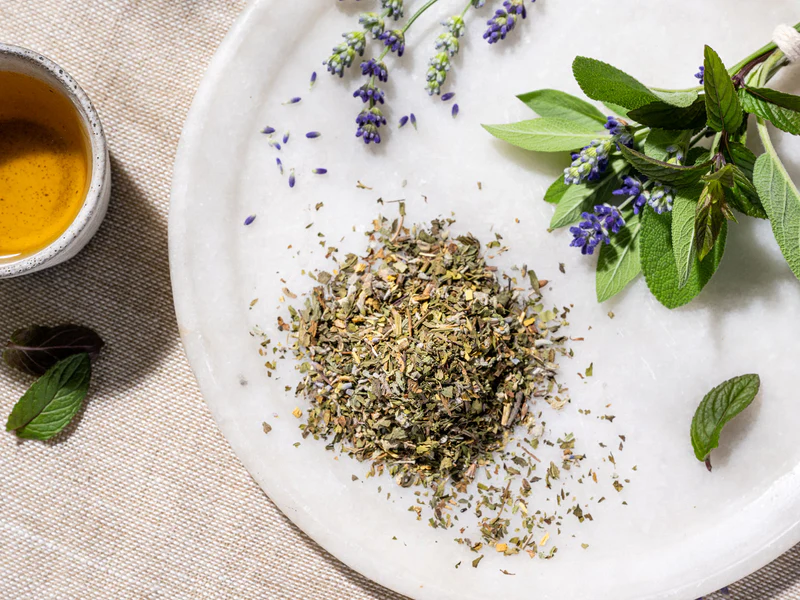
Lavender Mint
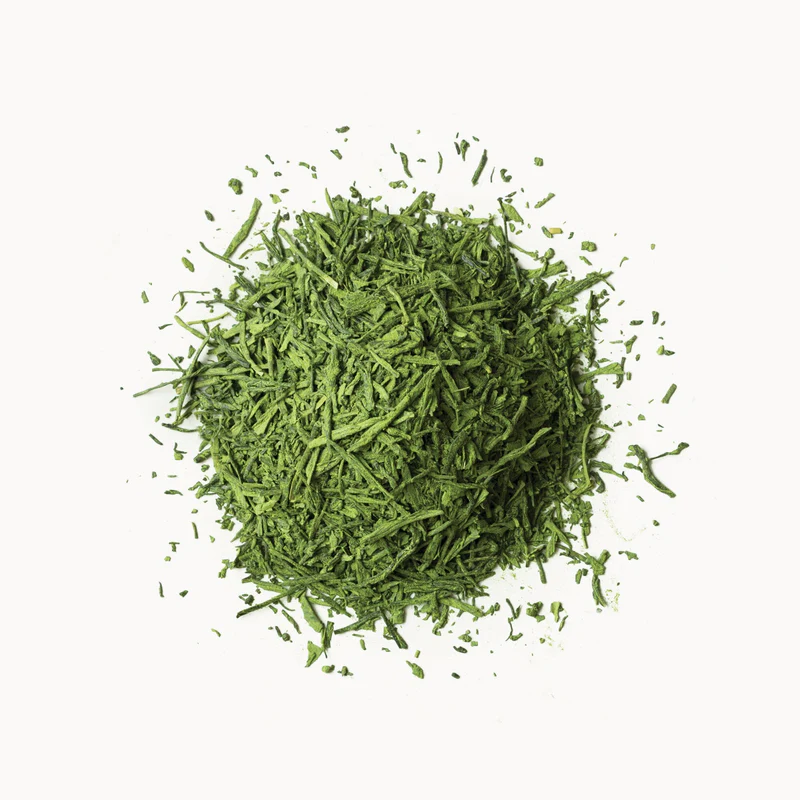
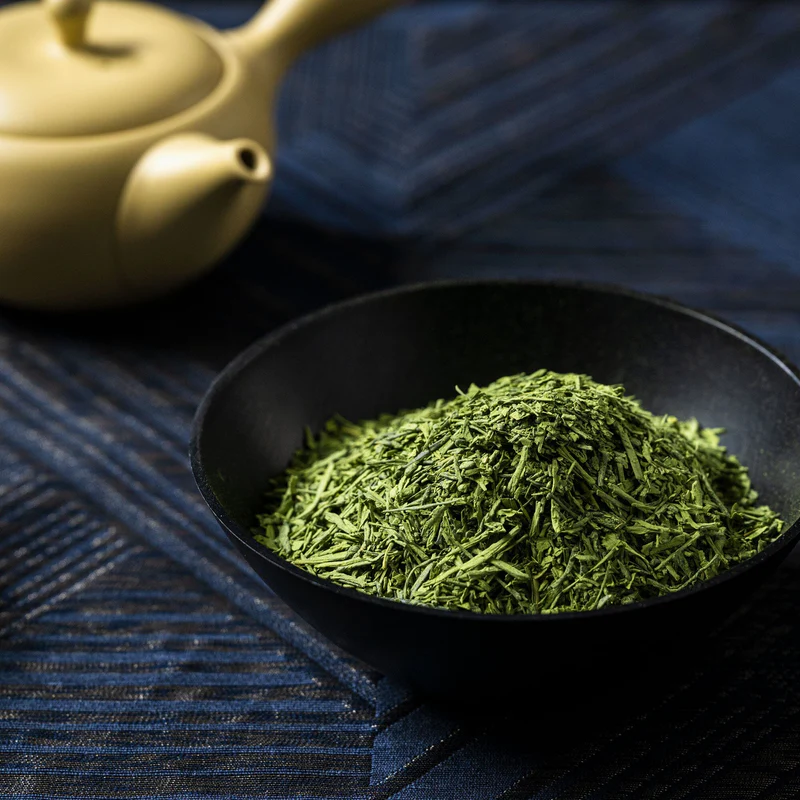

Matcha Super Green
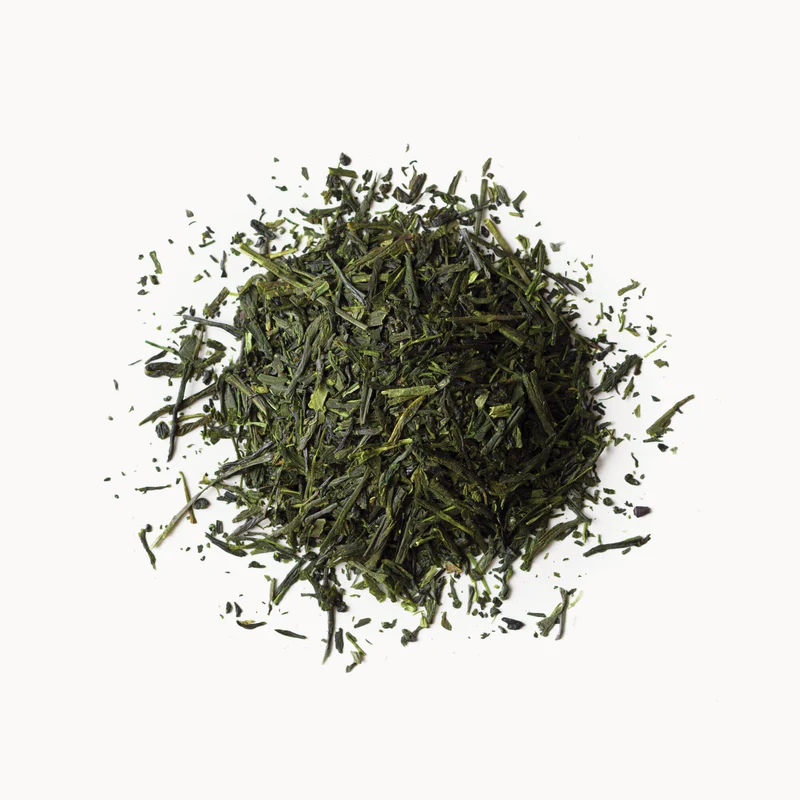
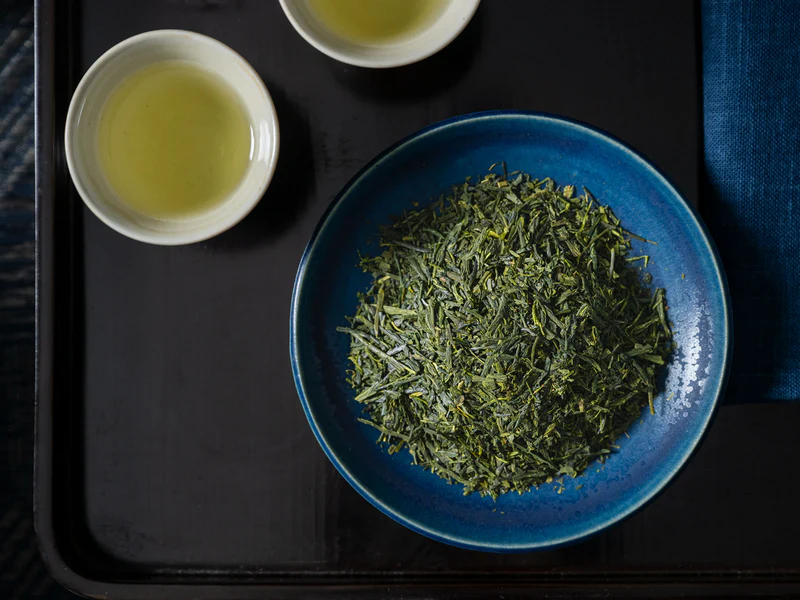
Sencha Superior
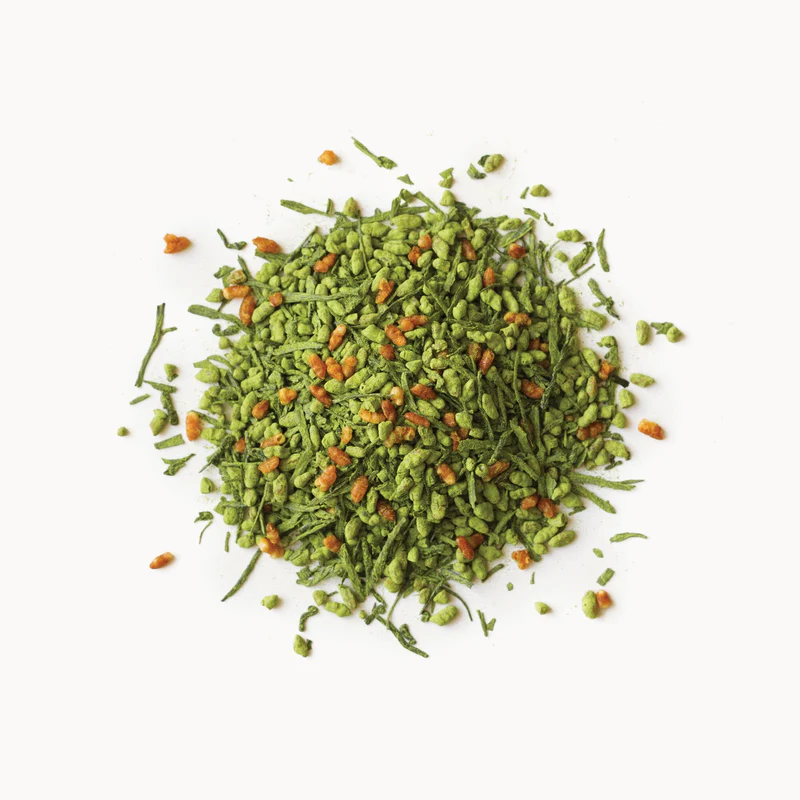
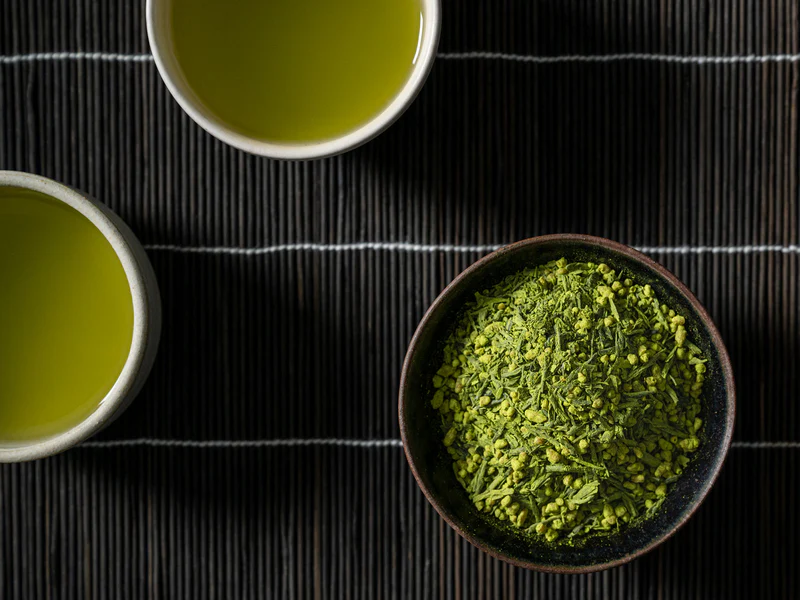

Matcha Genmaicha
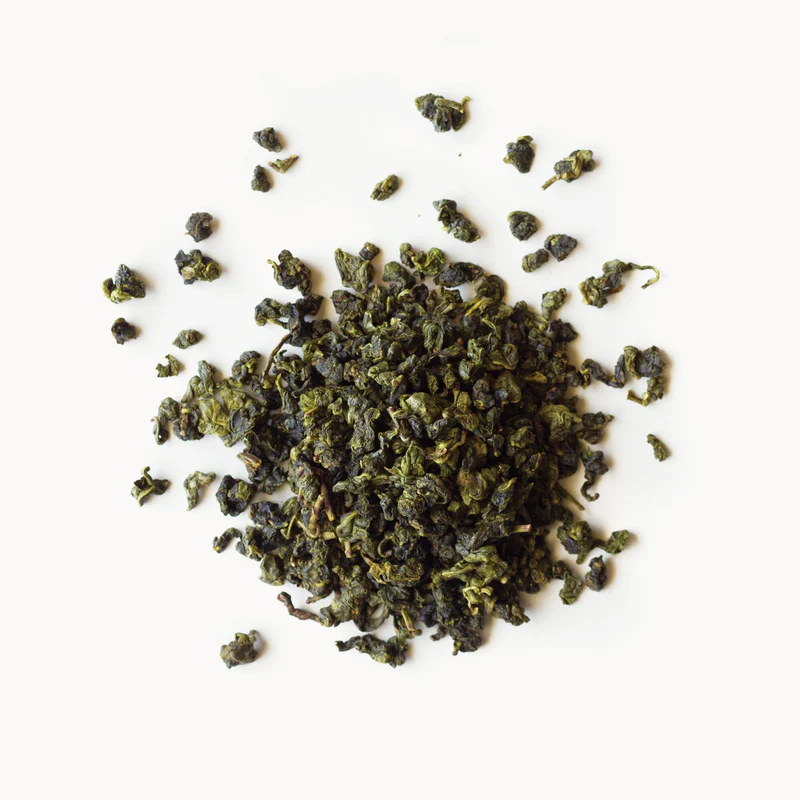
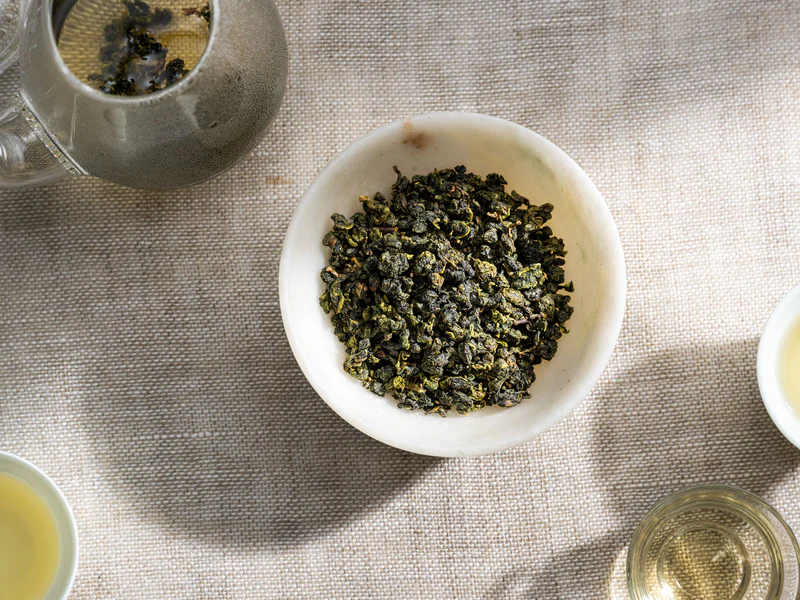
Four Seasons Spring
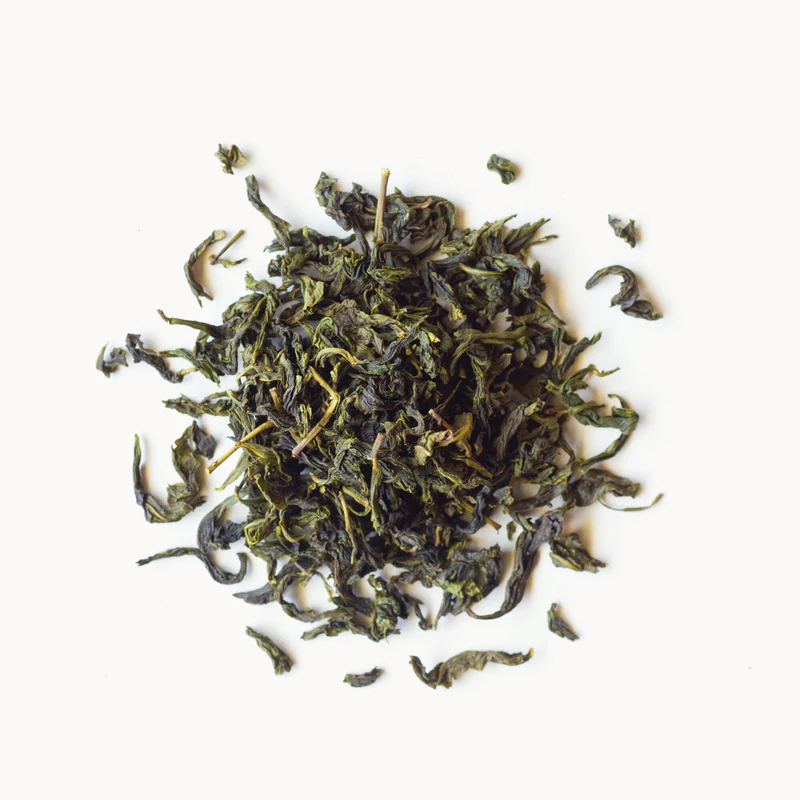
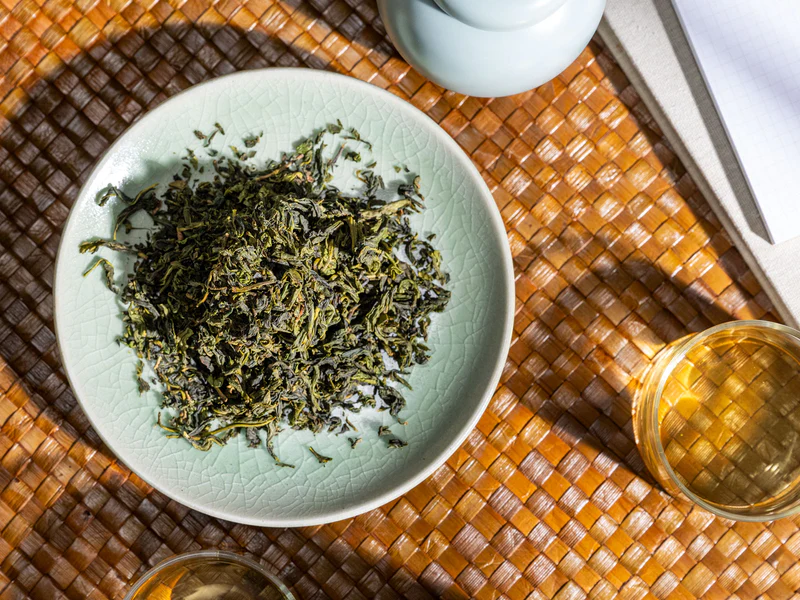
Bergamot Oolong
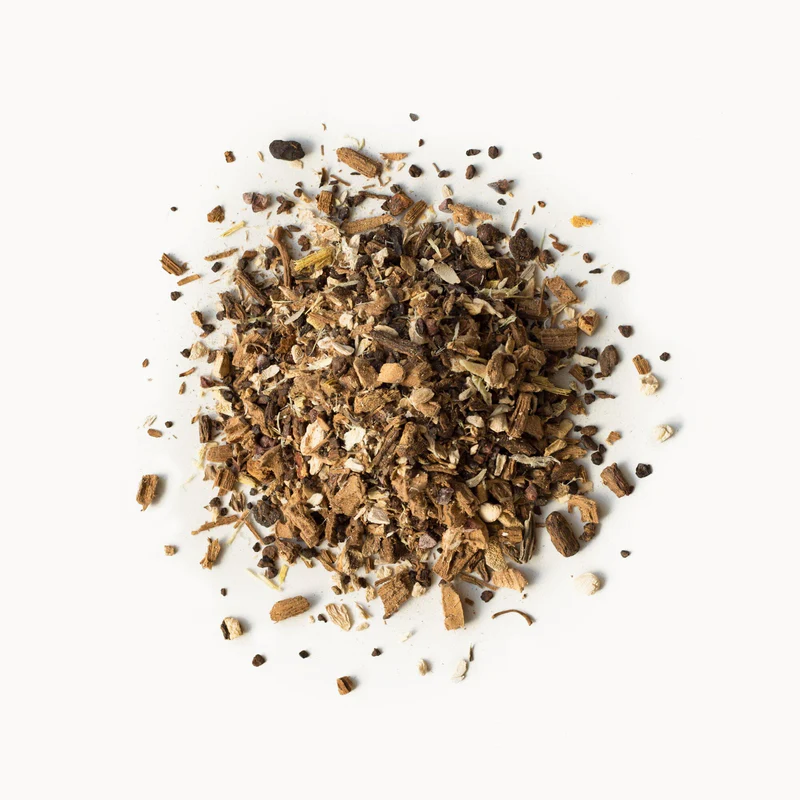
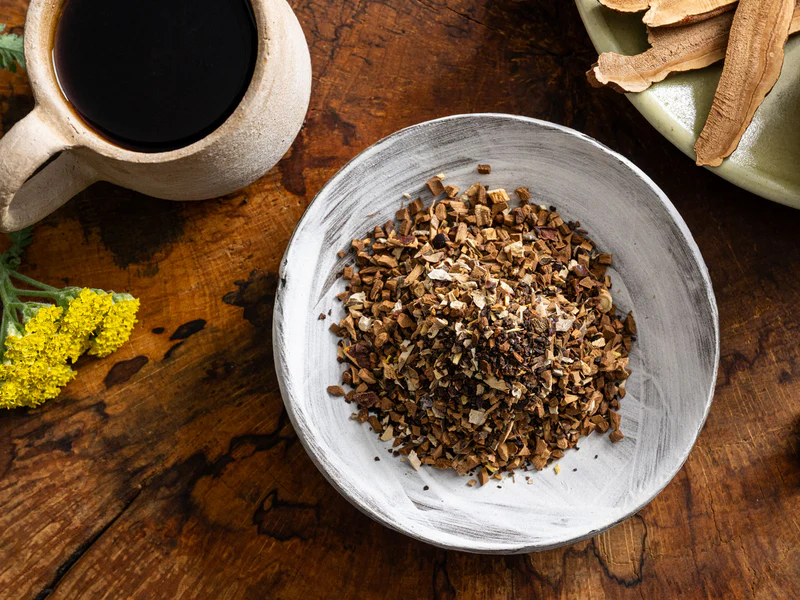
Mushroom Hero
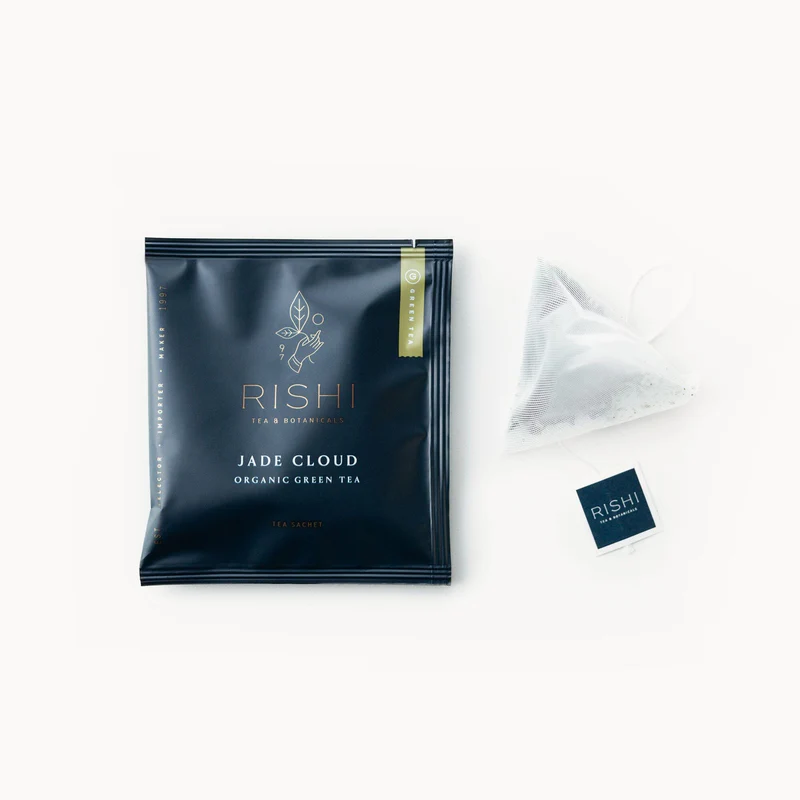
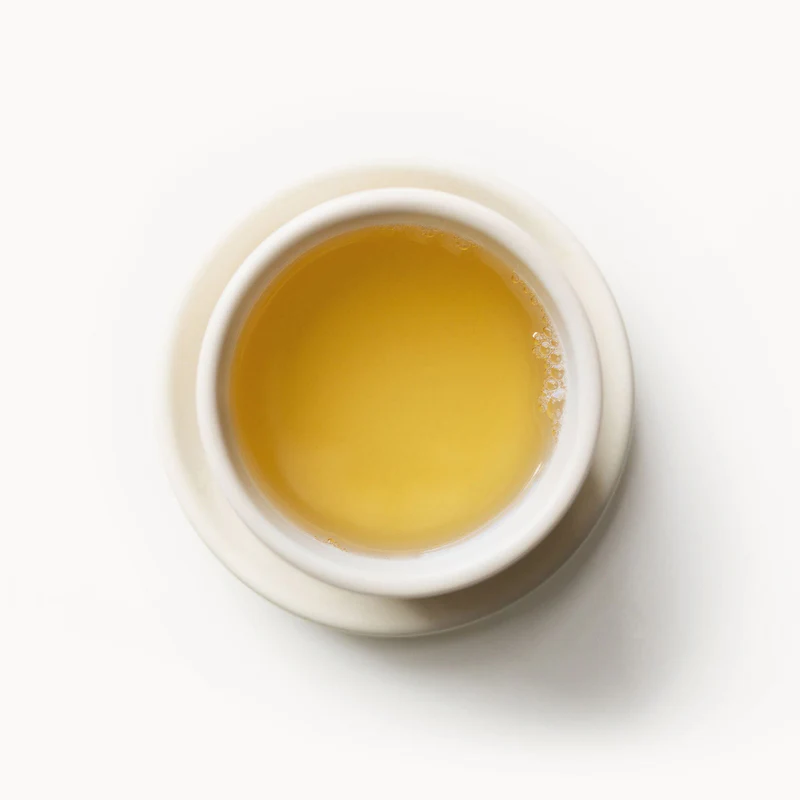
Jade Cloud
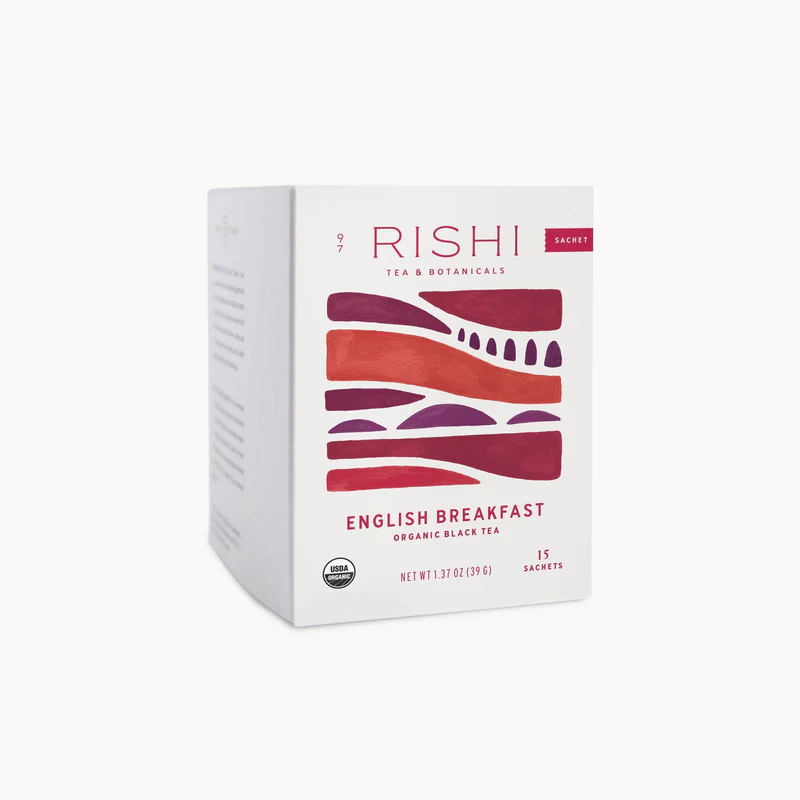
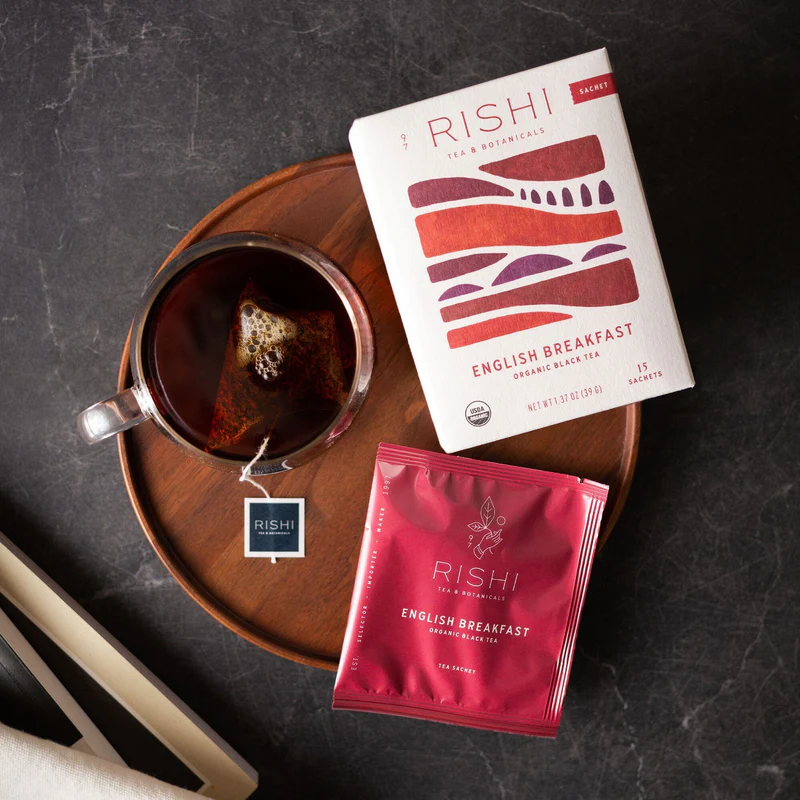
English Breakfast
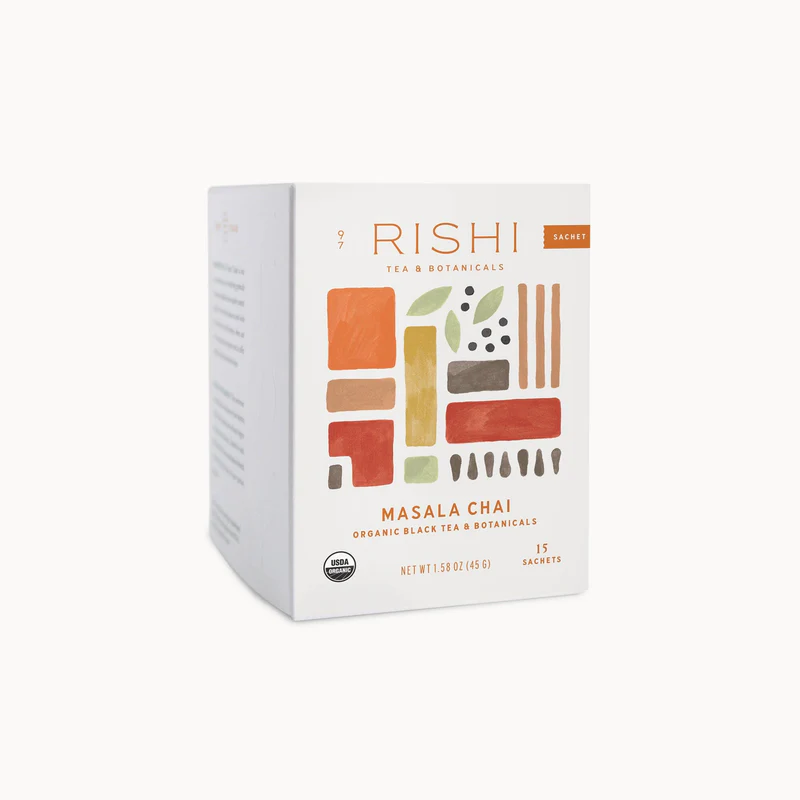
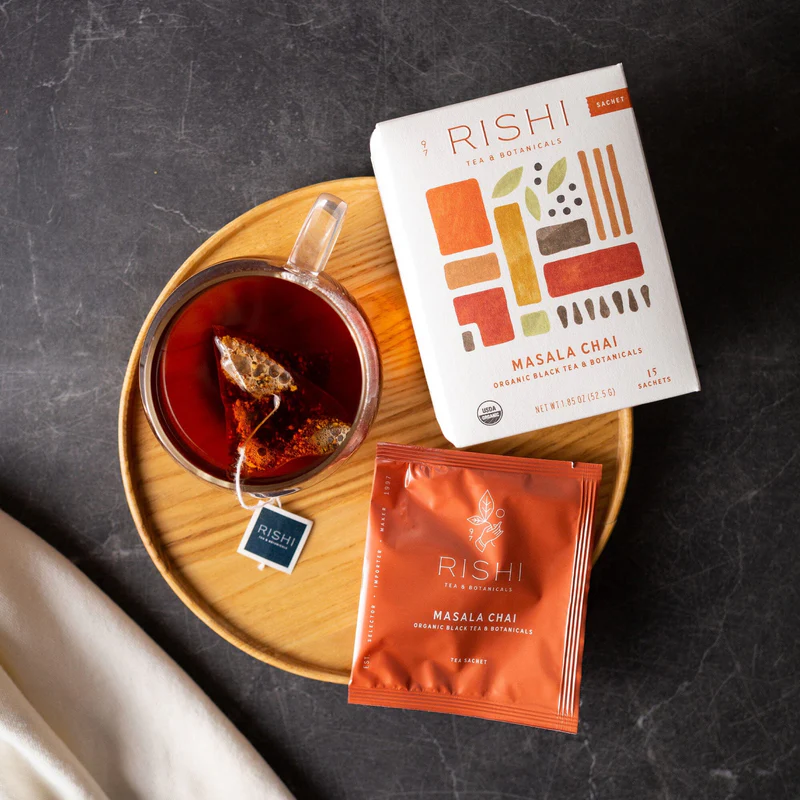
Masala Chai
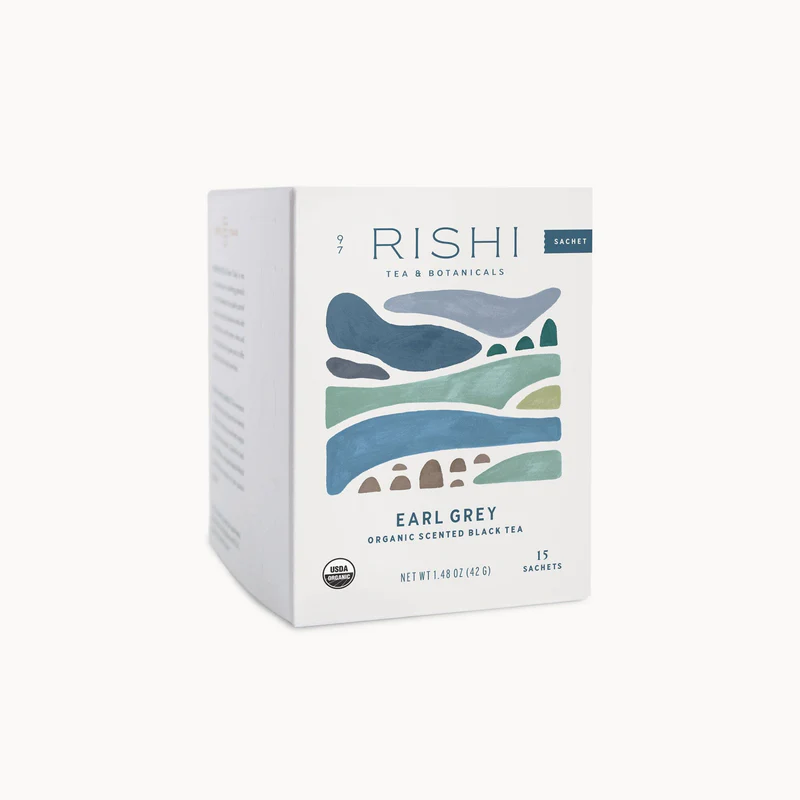
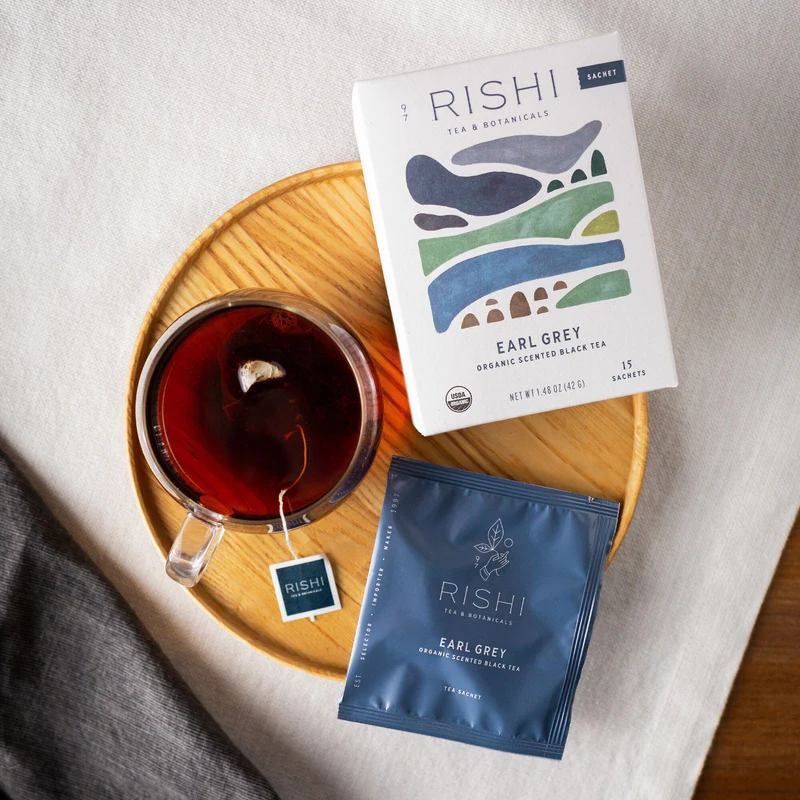
Earl Grey
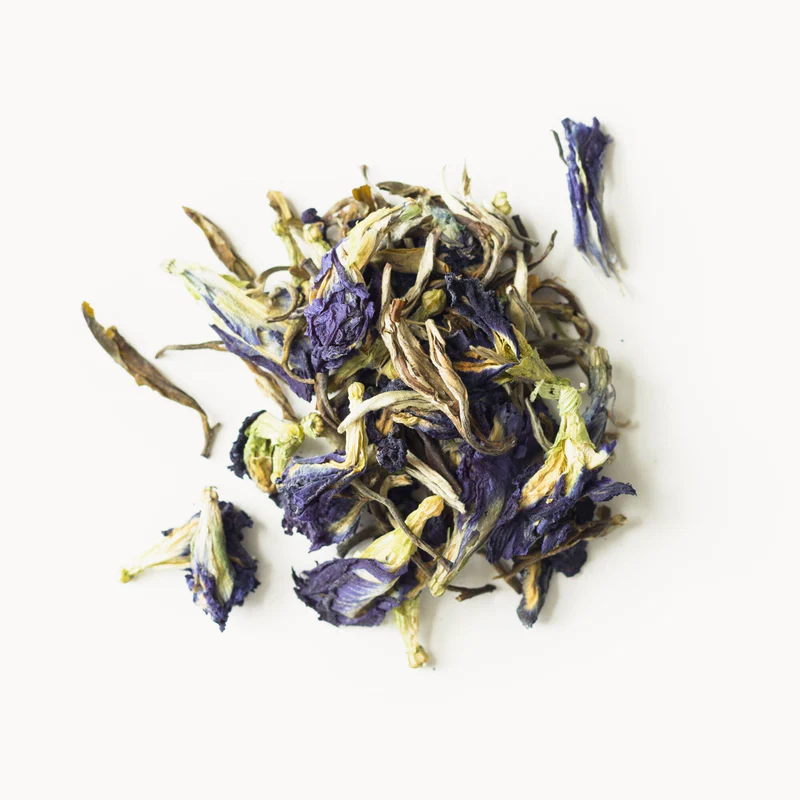
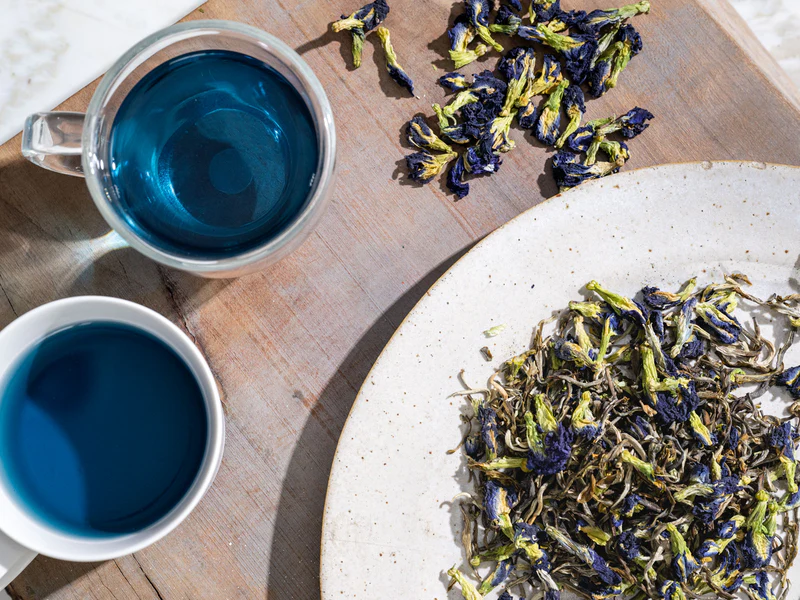
 Best Sellers
Best Sellers



